Analysis of the Hong Kong Arbitration Ordinance
Introduction
As one of the most important financial and trade centers in the world, Hong Kong occupies a significant position in the field of international commercial arbitration. The revision process of the Hong Kong Arbitration Ordinance represents the modernization of its arbitration legal system. This Ordinance not only draws lessons from the best practices of international arbitration but also adapts to local realities, providing an efficient, flexible, and just legal framework for the settlement of international commercial disputes. This paper will analyze the evolution, main contents, and features of the Arbitration Ordinance in Hong Kong, to help you understand the institutional advantages of arbitration in Hong Kong.
I. Historical Evolution of the Hong Kong Arbitration Ordinance
The arbitration system in Hong Kong can be traced back to the British colonial period, when arbitration in Hong Kong was mainly influenced by the laws of the UK. The Hong Kong Arbitration Ordinance was first promulgated in 1963, and has since undergone numerous amendments. The most important revision occurred in 2011 when Hong Kong abandoned the two-track system of local arbitration and international arbitration. Instead, it modeled its arbitration system based on the UNCITRAL Model Law on International Commercial Arbitration (the Model Law), and even directly quoted and listed the original text of the Model Law. This laid the foundation for Hong Kong to become an important commercial arbitration center in the Asia-Pacific region and one of the most popular arbitration places in the world. Since then, the Hong Kong Arbitration Ordinance has been revised several times, and controversial issues such as intellectual property disputes and third-party funding in arbitration theory and practice have been clarified, to adapt to the development of international arbitration practices and the changes in Hong Kong's legal environment. As Hong Kong has always maintained an open and supportive attitude towards arbitration, the Hong Kong Arbitration Ordinance has become a flexible, professional and internationalized piece of arbitration legislation.
Compared with the Hong Kong Arbitration Ordinance, the Arbitration Law of the People's Republic of China (PRC Arbitration Law) was enacted in 1994. Although it has also been revised several times, the amendments have not touched on the substantive content. In order to ensure that laws can be consistent with social changes and development, adapt to new social needs, and meet the reasonable expectations of the public, the legislature needs to examine the possible shortcomings and loopholes of existing laws in a timely manner and make amendments to enhance the effectiveness and enforceability of laws. With the needs for economic and social development and the deepening of arbitration theory research, it is necessary to revise the PRC Arbitration Law. In July 2021, the Chinese Mainland promulgated the Arbitration Law of the People's Republic of China (Revision) (Exposure Draft), which mentioned the seat of arbitration, ad hoc arbitration and other issues. If implemented, these amendments will align the Chinese Mainland's arbitration system more closely with international practices, which is highly anticipated.
II. Main contents of the Hong Kong Arbitration Ordinance
The Model Law formulated by the United Nations Commission on International Trade Law in 1985, is one of the most influential laws in the field of international arbitration. It is recognized and used as a reference by the domestic arbitration legislation of many countries due to its well-structured framework, precise wording, and high legislative standards. It is worthy of recognition that the Hong Kong Arbitration Ordinance has localized the Model Law's provisions, showing the rational legislative framework and forward-looking content. The Hong Kong Arbitration Ordinance comprises 14 parts, of which the Part 1 and Part 2 are the Preliminary and General Provisions, and the Part 13 and Part 14 are the Repeal, Savings and Transitional Provisions and Omitted as spent. Part 3 to Part 10 outline the entire arbitration process, including arbitration agreement, composition of arbitral tribunal, interim measures, award and enforcement. Part 10A and beyond address special issues such as third-party funding, ORFS agreement and intellectual property disputes. In terms of the design of the provisions, the Hong Kong Arbitration Ordinance's absorption of the Model Law is remarkably direct. Generally speaking, if the legislature draws on other laws when formulating laws, it usually shows that the framework and the meaning of the laws are similar but not identical, especially if the laws borrowed belong to other languages. However, the Hong Kong Arbitration Ordinance directly quotes the original text of the Model Law. For example, Section 11 of Part 2 states:
Article 4 of the UNCITRAL Model Law, the text of which is set out below, has effect——
“Article 4. Waiver of right to object
A party who knows that any provision of this Law from which the parties may derogate or any requirement under the arbitration agreement has not been complied with and yet proceeds with the arbitration without stating his objection to such non-compliance without undue delay or, if a time-limit is provided therefor, within such period of time, shall be deemed to have waived his right to object.”
Besides such direct citations, other provisions in the Hong Kong Arbitration Ordinance are mostly supplementary, alternative and cohesive provisions to the Model Law. Therefore, the Hong Kong Arbitration Ordinance can be regarded as the localization of the Model Law.
From the practical point of view, the direct citation of the Model Law in the Hong Kong Arbitration Ordinance is quite ingenious, which spares foreign parties the trouble of understanding and applying the provisions of the Hong Kong Arbitration Ordinance and gives full play to the exemplary role of the Model Law. This provides efficient international commercial arbitration procedures for commercial arbitration participants and improves the predictability of the recognition and enforcement of international arbitration awards.
Ⅲ. Features of the Hong Kong Arbitration Ordinance
In the specific design of the arbitration system, the Hong Kong Arbitration Ordinance has the following remarkable features:
1.High Judicial Support for Arbitration
The relationship between judicature and arbitration is manifested in judicial assistance and supervision. Judicial assistance mainly includes judicial support for interim measures, evidence collection by the tribunal, and the enforcement of arbitration awards. Judicial supervision is mainly reflected in the judicial review of the arbitral tribunal's jurisdiction, the validity of arbitral awards, etc..The extent of judicial assistance and judicial supervision of each jurisdiction is the concretization of its attitude towards arbitration. The Hong Kong Arbitration Ordinance covers almost all kinds of needs for judicial assistance and shows great restraint in judicial supervision. For example, Section 12 stipulates that "In matters governed by this Law, no court shall intervene except where so provided in this Law.". In addition, there are many other provisions stating that the parties shall not appeal against the awards made by the court on arbitration matters, which ensures the independence of the arbitral tribunal and the flexibility of procedures to the greatest extent and limits judicial intervention.
2.Emphasis on the Enforcement of Arbitral Awards
The enforcement of arbitral awards is one of the most concerned matters for the parties. The Hong Kong Arbitration Ordinance attaches great importance to the enforcement of arbitral awards with Part 10 "Recognition and Enforcement of Awards" being specially formulated to provide detailed provisions on the enforcement of arbitral awards, Convention awards, Mainland awards, and Macao awards, which take up a large part of the Ordinance. Although the PRC Arbitration Law also provides for the enforcement of arbitration awards in its Chapter VI, it only includes three general provisions. In addition, other provisions on the enforcement of arbitral awards are also found in the Civil Procedure Law of the People's Republic of China. From the perspective of convenience and practicality, the Hong Kong Arbitration Ordinance is clearer and more concentrated, which makes it obviously more suitable for foreign parties. This is also the institutional advantage of Hong Kong arbitration.
Conclusion
Hong Kong's unique cultural, economic, and political status, along with its robust legal framework and supportive stance towards arbitration, position it as a preferred seat for international arbitration.Judging from the revision process and development direction of the Hong Kong Arbitration Ordinance, Hong Kong's legislature pays close attention to the development trend of international commercial arbitration, constantly checks for gaps, and keeps pace with the times. This determination and sincerity to make Hong Kong a highland of international arbitration is worth learning and reference.
news
-
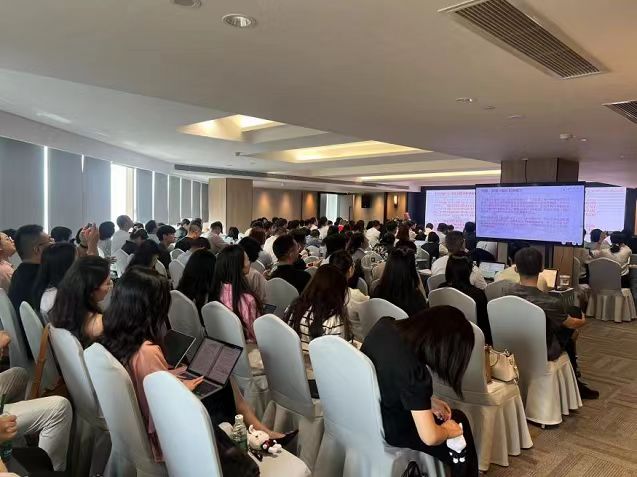 2023-09-21 02:01:59
2023-09-21 02:01:59 -
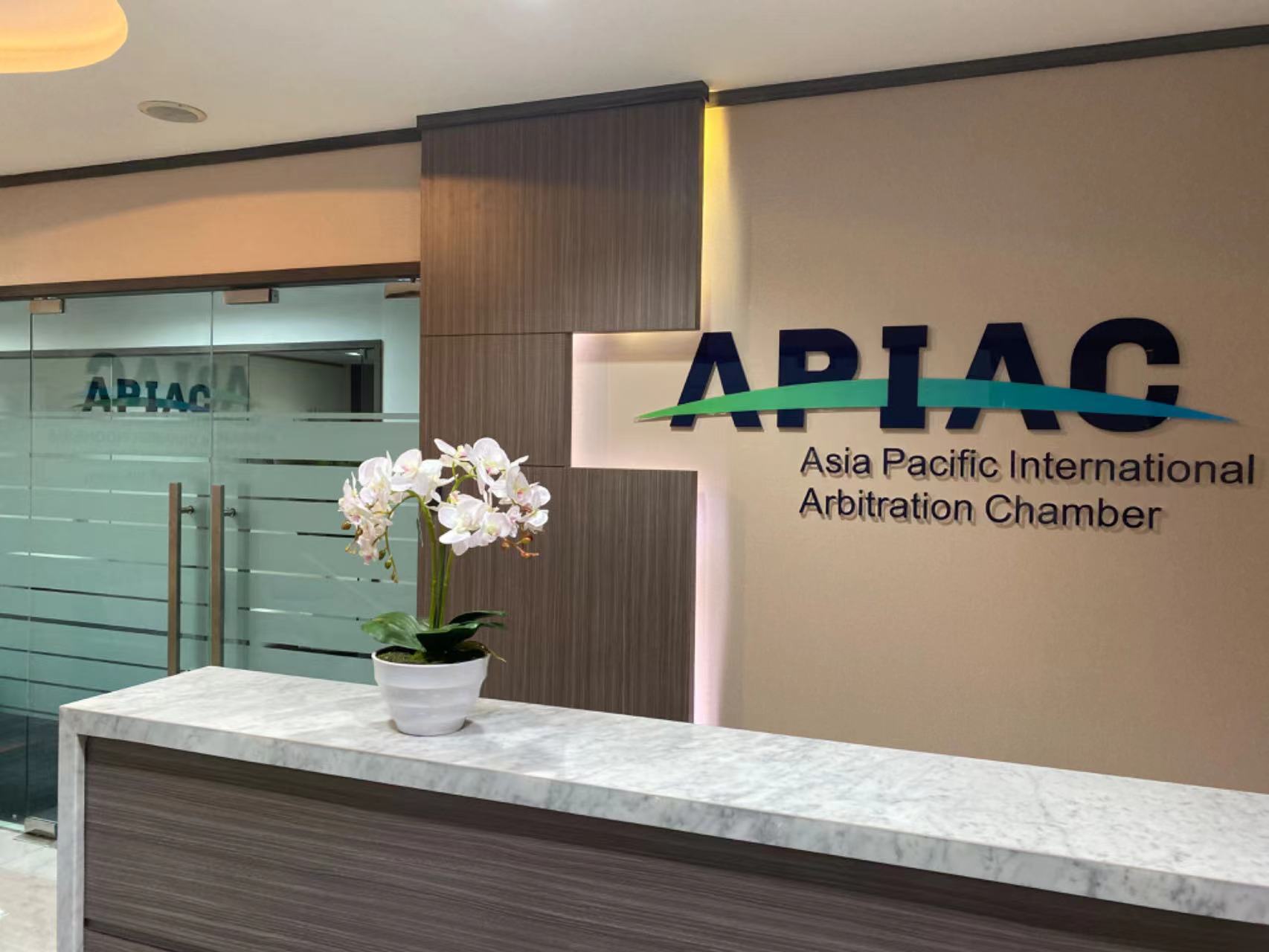 2023-09-21 02:01:59
2023-09-21 02:01:59 -
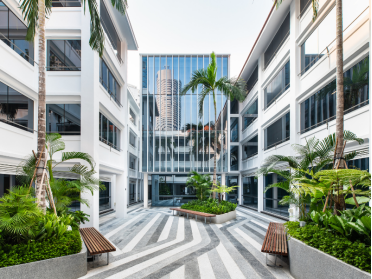 2023-09-26 14:22:56
2023-09-26 14:22:56 -
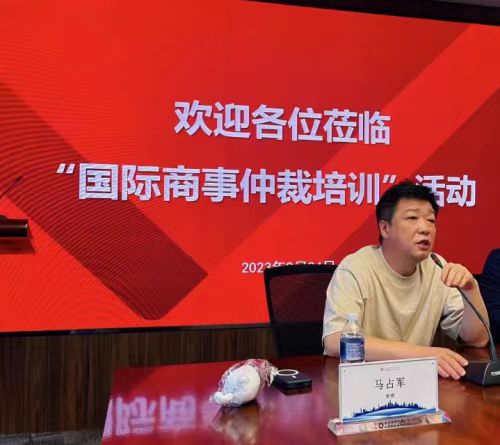 2023-10-07 08:34:26
2023-10-07 08:34:26 -
 2023-10-13 11:08:58
2023-10-13 11:08:58 -
 2023-10-25 10:30:58
2023-10-25 10:30:58 -
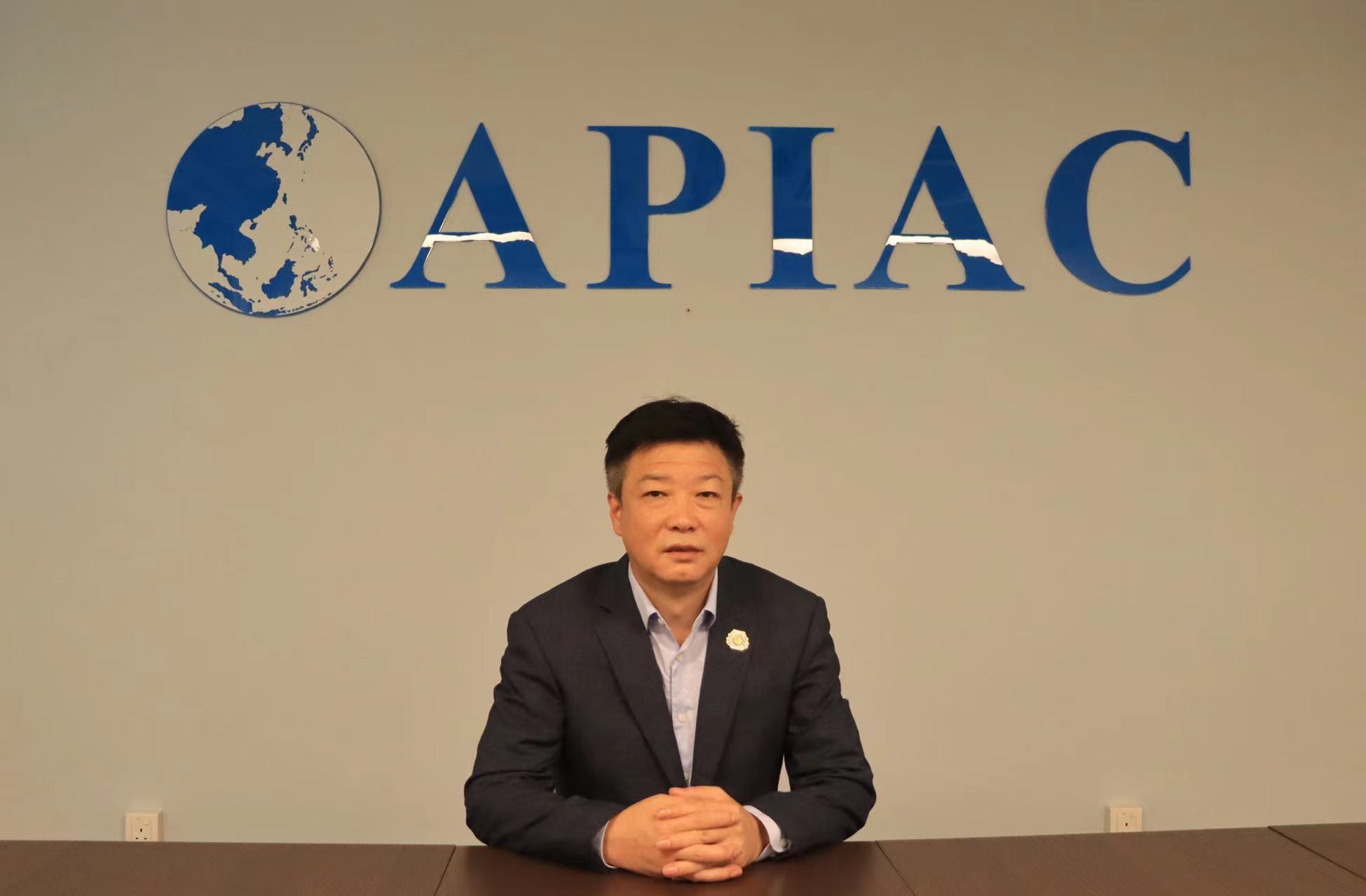 2023-10-25 11:08:40
2023-10-25 11:08:40 -
2023-11-22 14:57:27
-
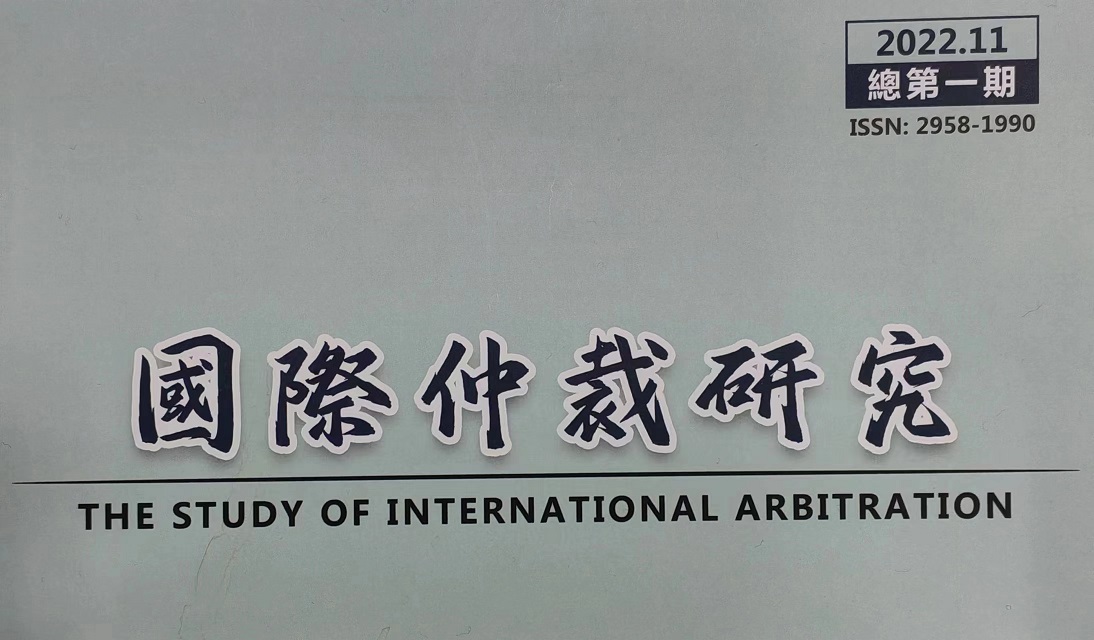 2023-11-24 16:06:15
2023-11-24 16:06:15 -
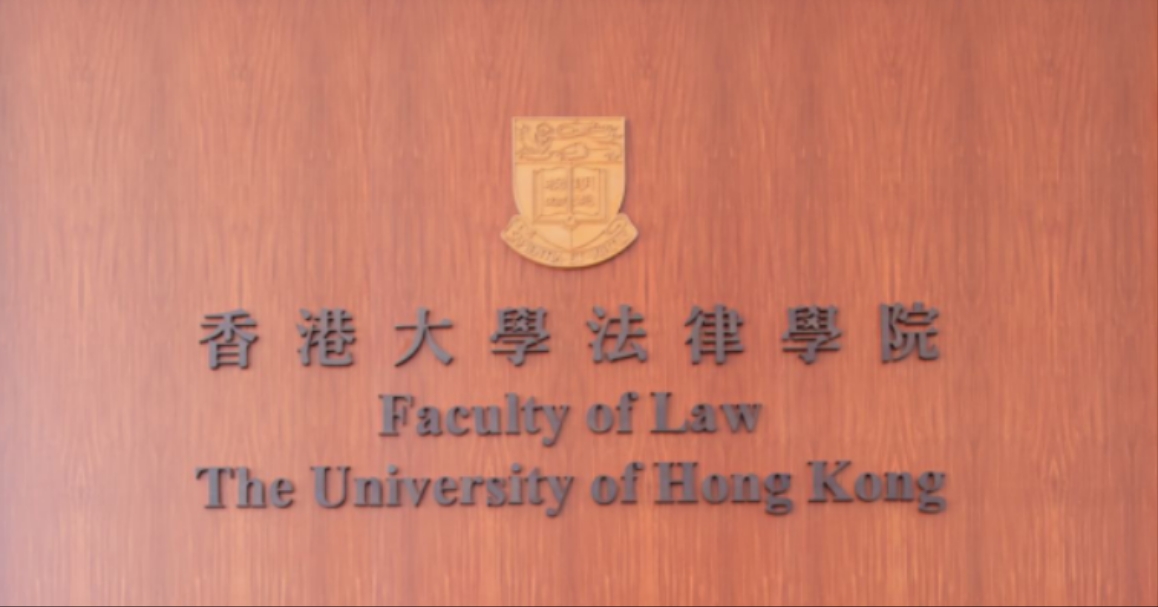 2023-11-24 17:34:06
2023-11-24 17:34:06 -
.jpg) 2023-11-27 11:07:53
2023-11-27 11:07:53 -
.png) 2023-12-07 11:34:06
2023-12-07 11:34:06 -
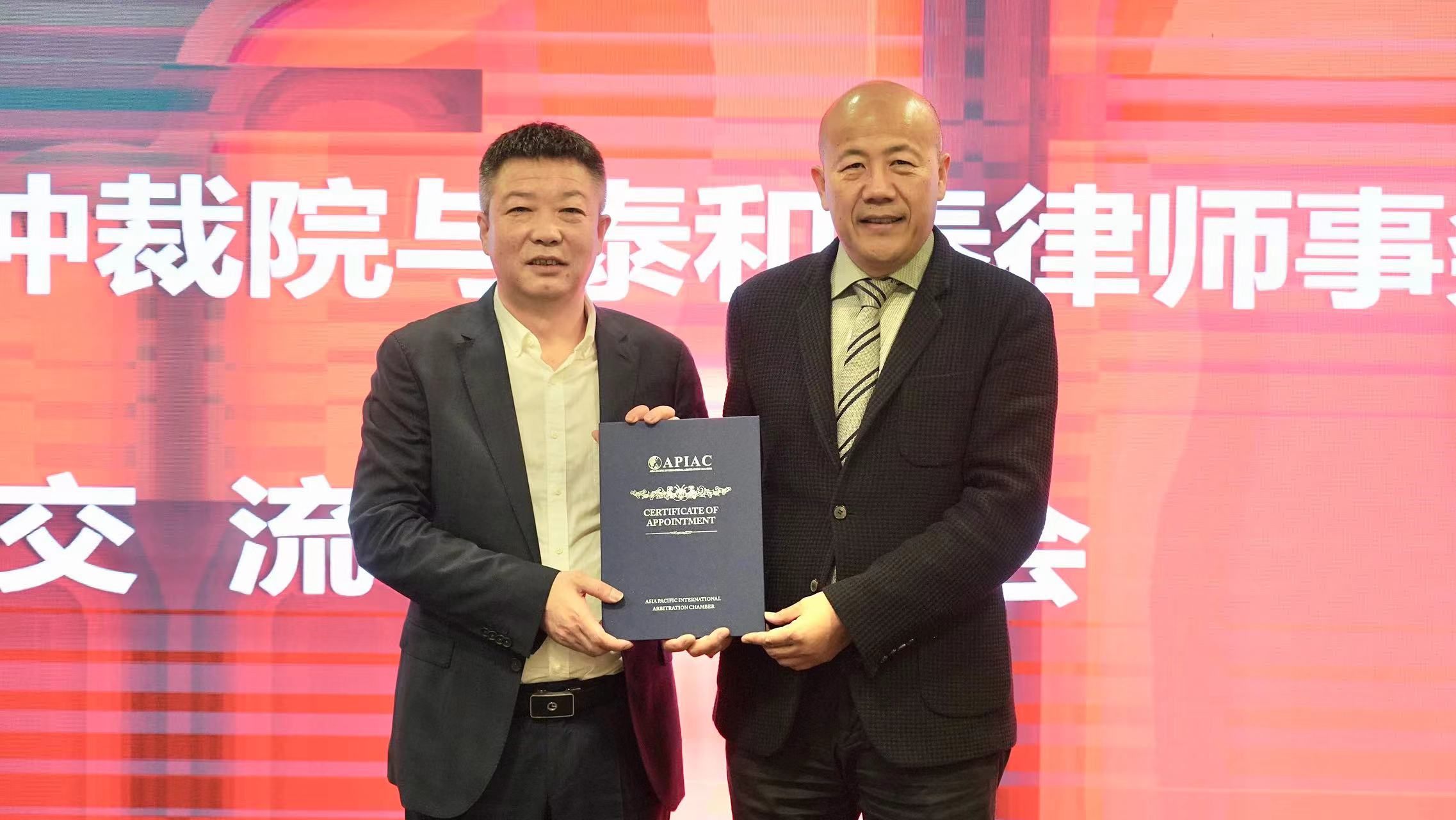 2023-12-19 09:18:51
2023-12-19 09:18:51 -
 2023-12-19 11:38:23
2023-12-19 11:38:23 -
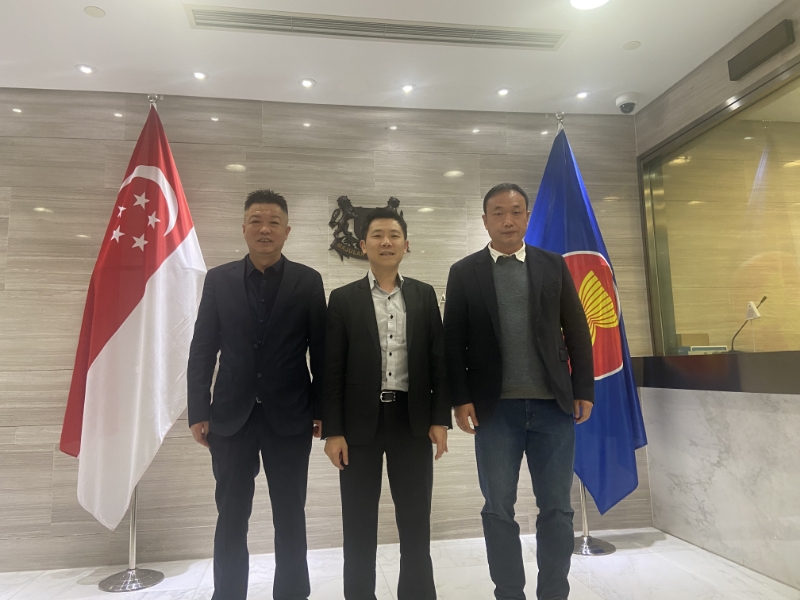 2023-12-19 11:53:22
2023-12-19 11:53:22 -
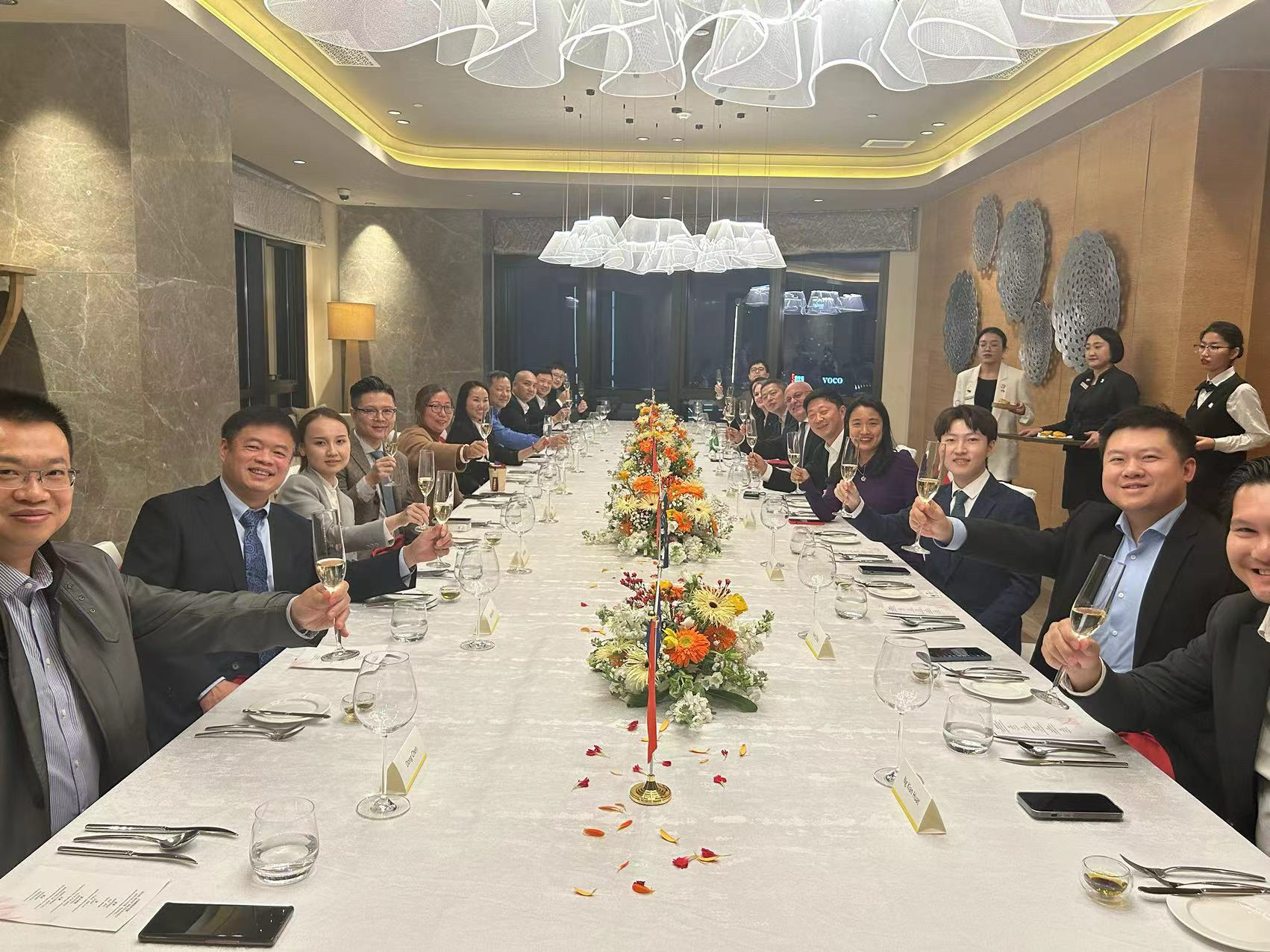 2023-12-19 14:46:19
2023-12-19 14:46:19 -
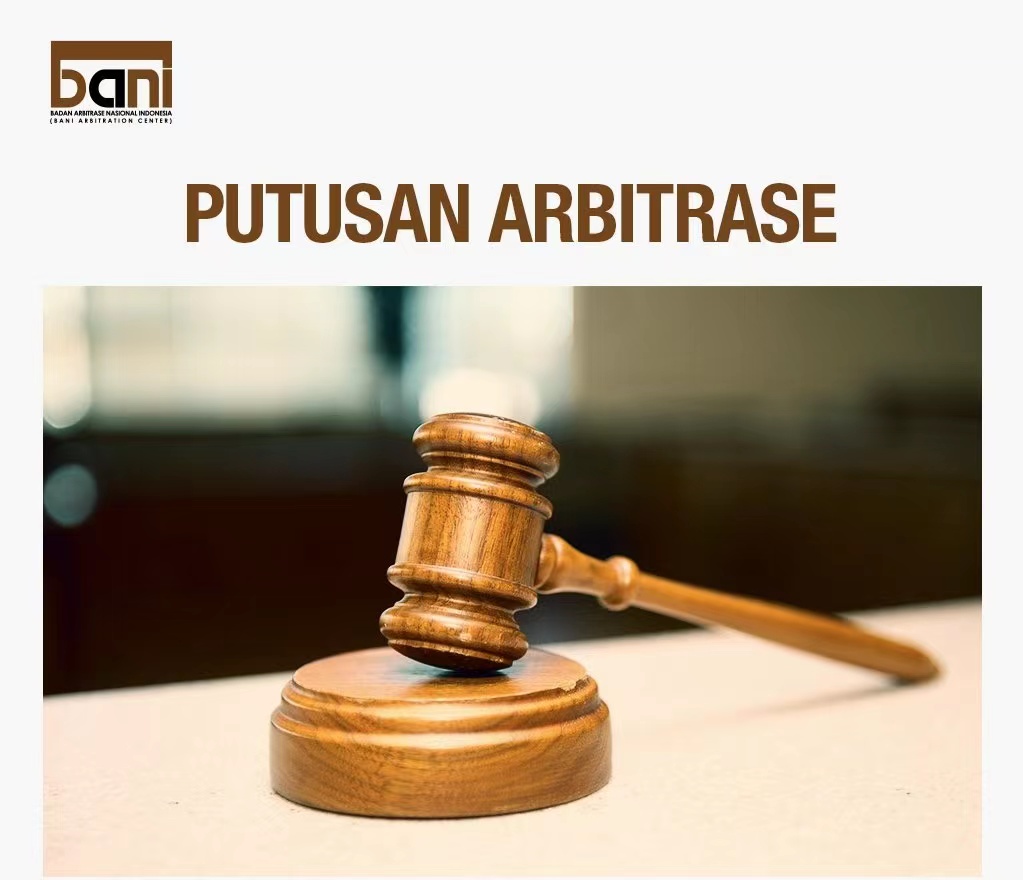 2023-12-21 14:43:26
2023-12-21 14:43:26 -
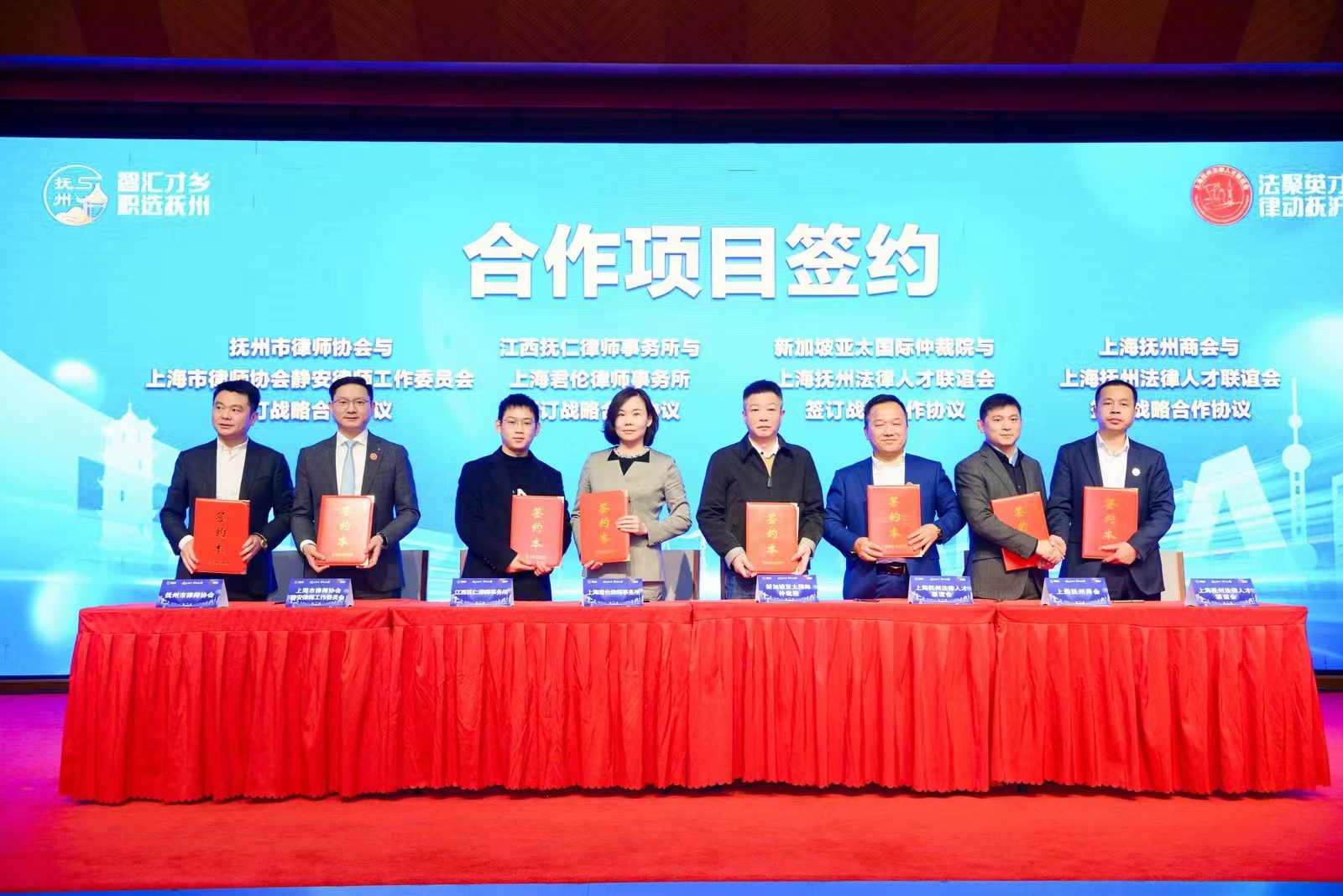 2023-12-25 11:04:59
2023-12-25 11:04:59 -
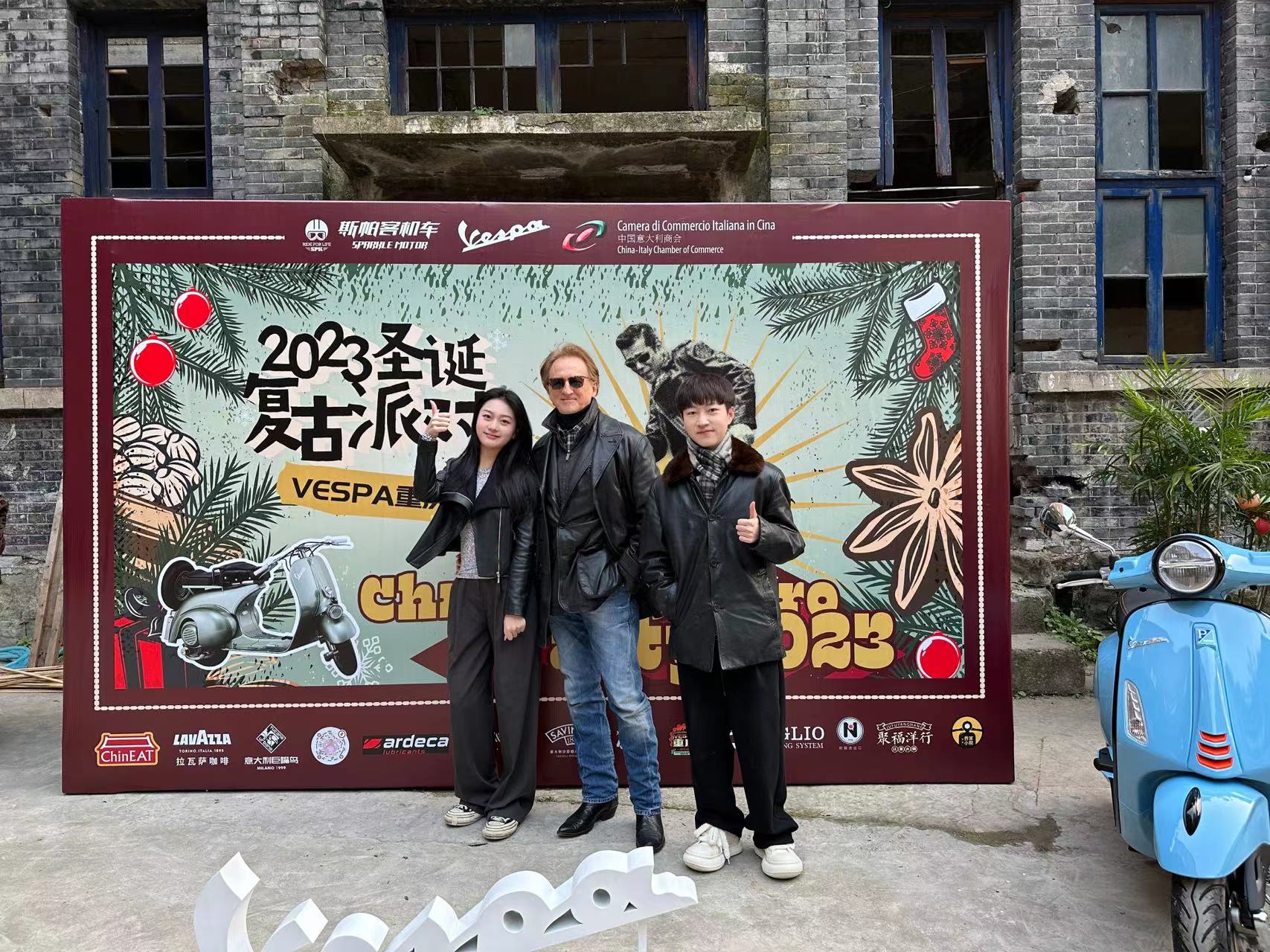 2023-12-27 10:40:15
2023-12-27 10:40:15 -
.png) 2023-12-29 14:07:14
2023-12-29 14:07:14 -
.jpg) 2023-12-29 14:10:32
2023-12-29 14:10:32 -
 2024-01-03 16:27:17
2024-01-03 16:27:17 -
 2024-01-12 10:36:42
2024-01-12 10:36:42 -
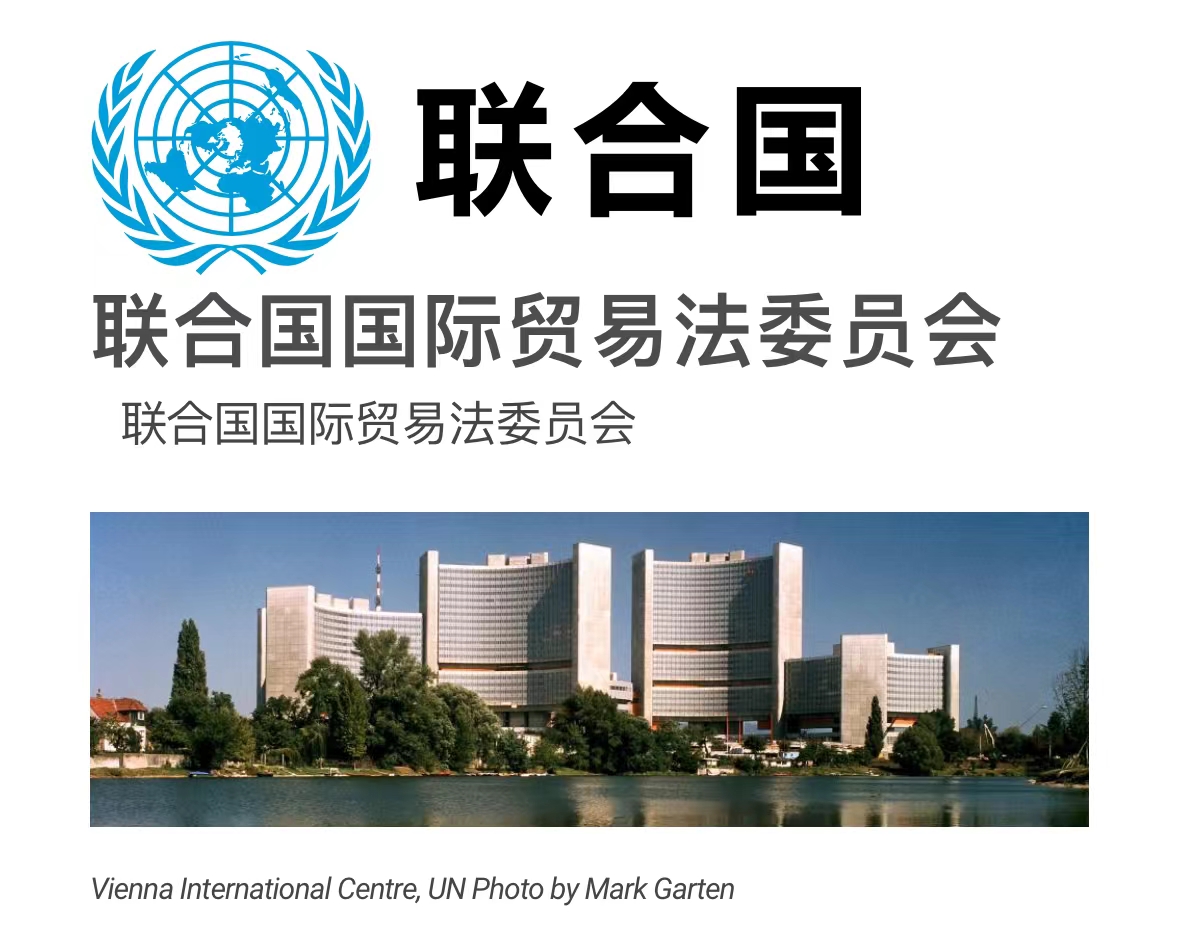 2024-01-17 15:01:24
2024-01-17 15:01:24 -
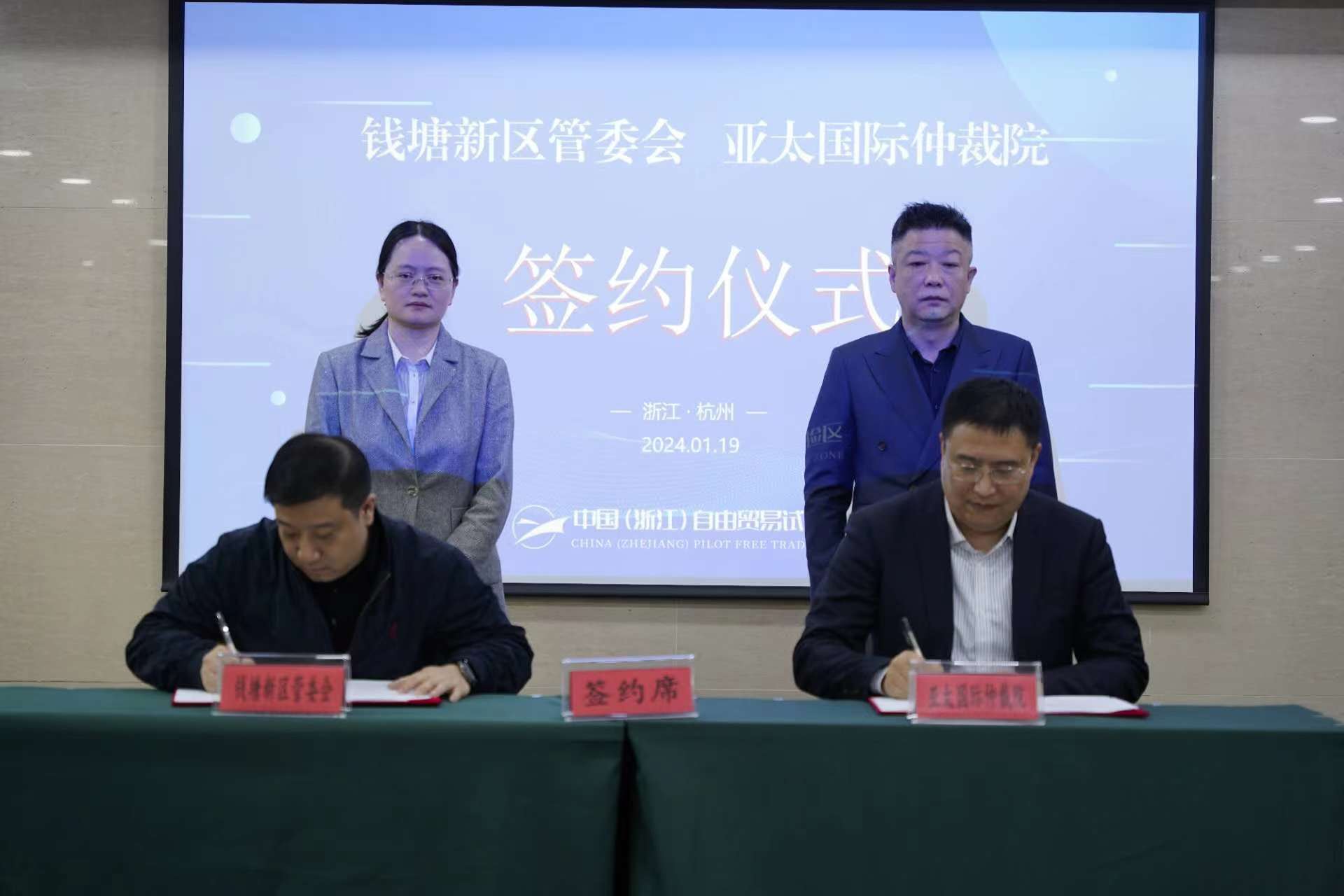 2024-01-30 10:10:28
2024-01-30 10:10:28 -
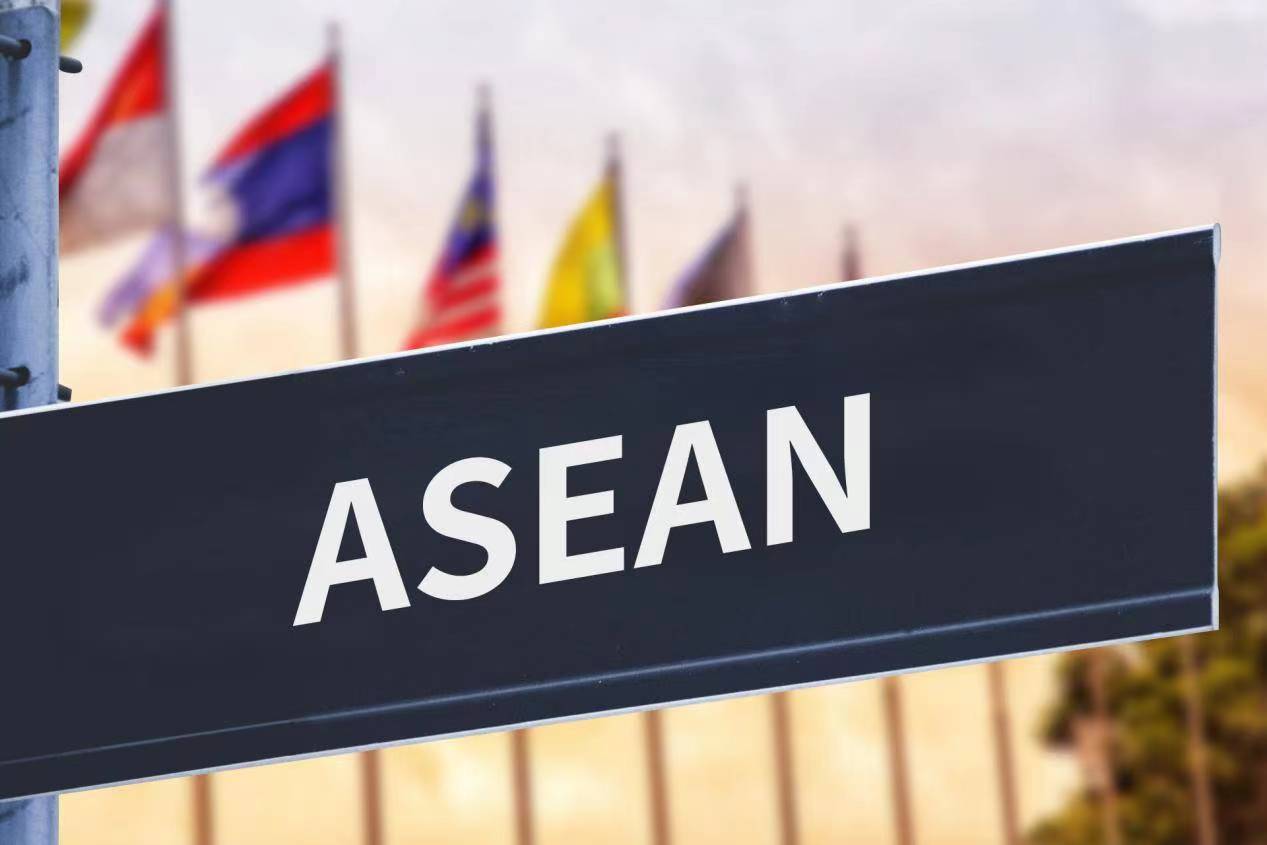 2024-01-30 10:45:10
2024-01-30 10:45:10 -
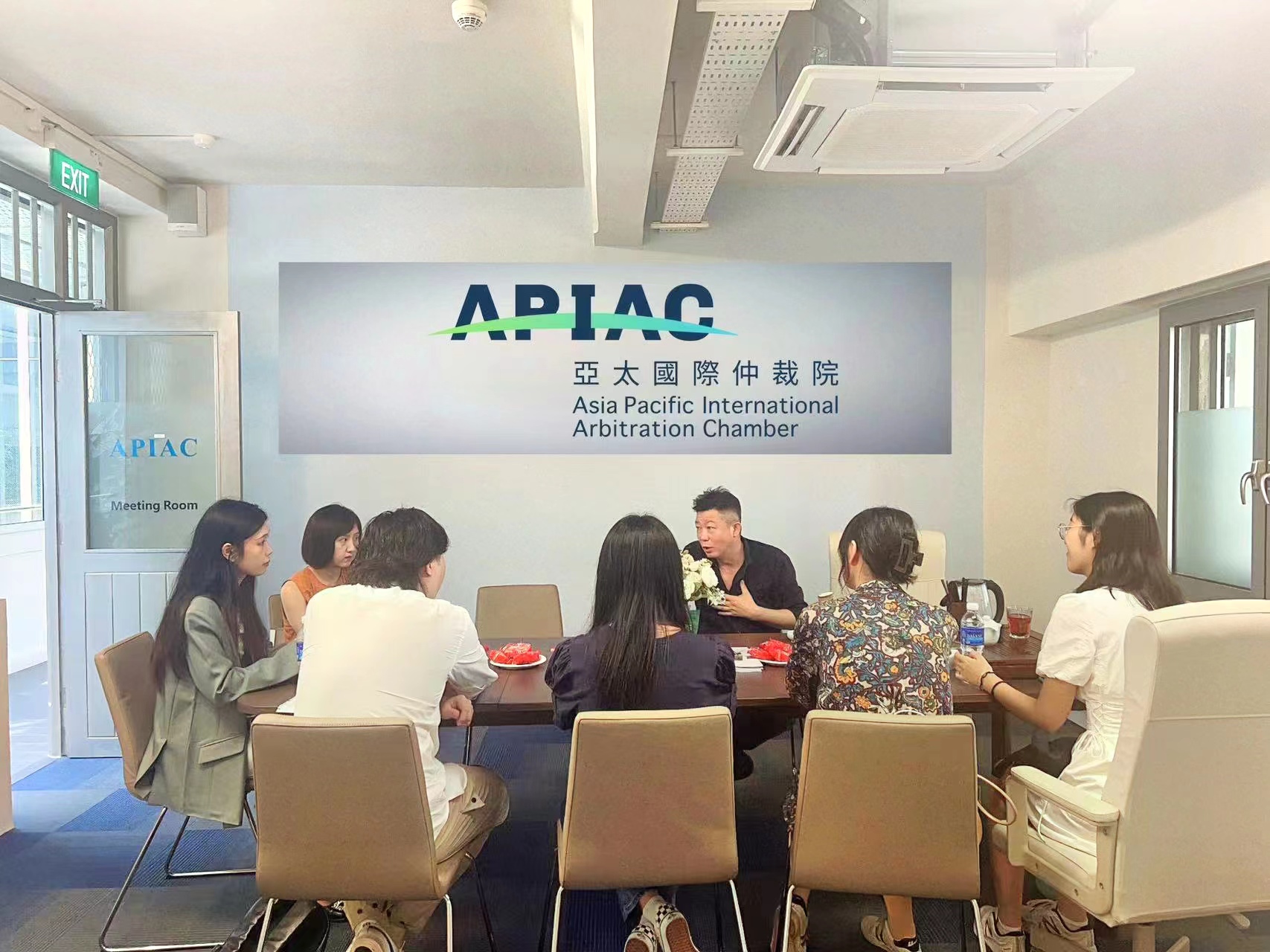 2024-01-30 15:47:05
2024-01-30 15:47:05 -
 2024-01-30 16:10:56
2024-01-30 16:10:56 -
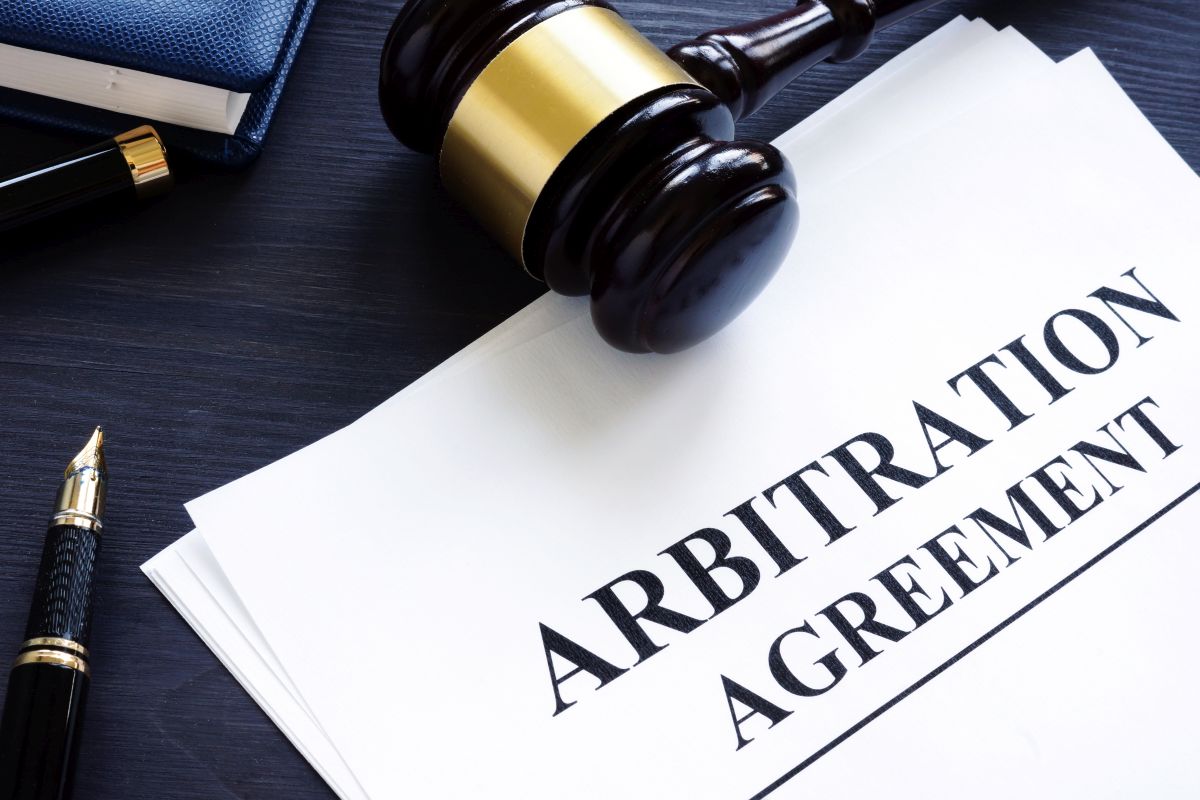 2024-02-21 10:01:34
2024-02-21 10:01:34 -
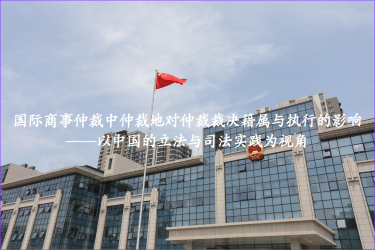 2024-02-21 10:05:01
2024-02-21 10:05:01 -
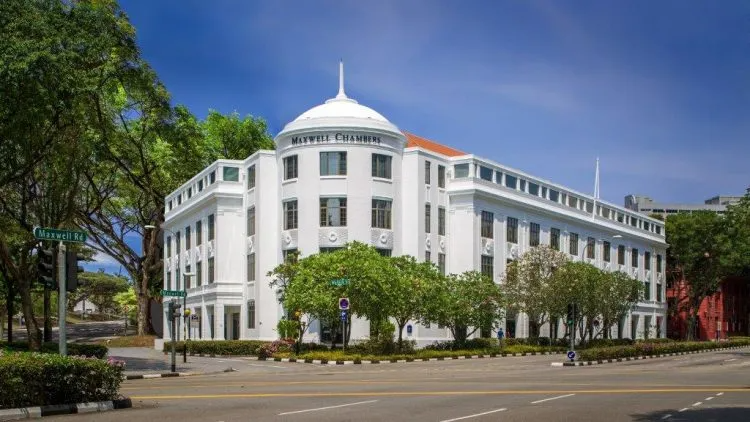 2024-02-21 10:35:10
2024-02-21 10:35:10 -
2024-03-08 17:37:59
-
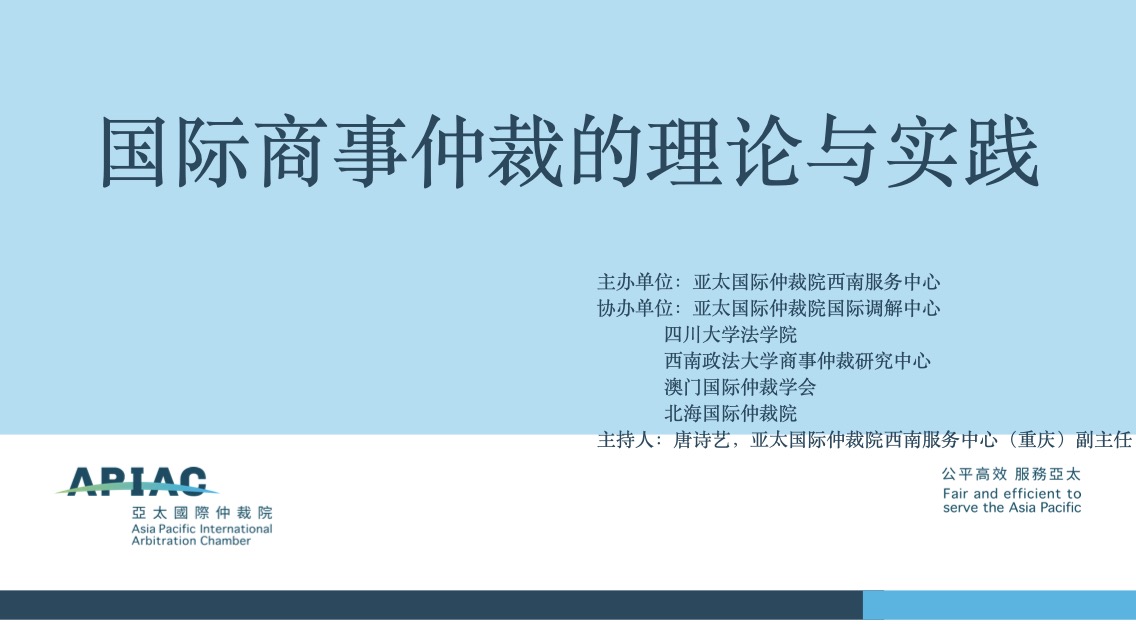 2024-03-11 08:56:10
2024-03-11 08:56:10 -
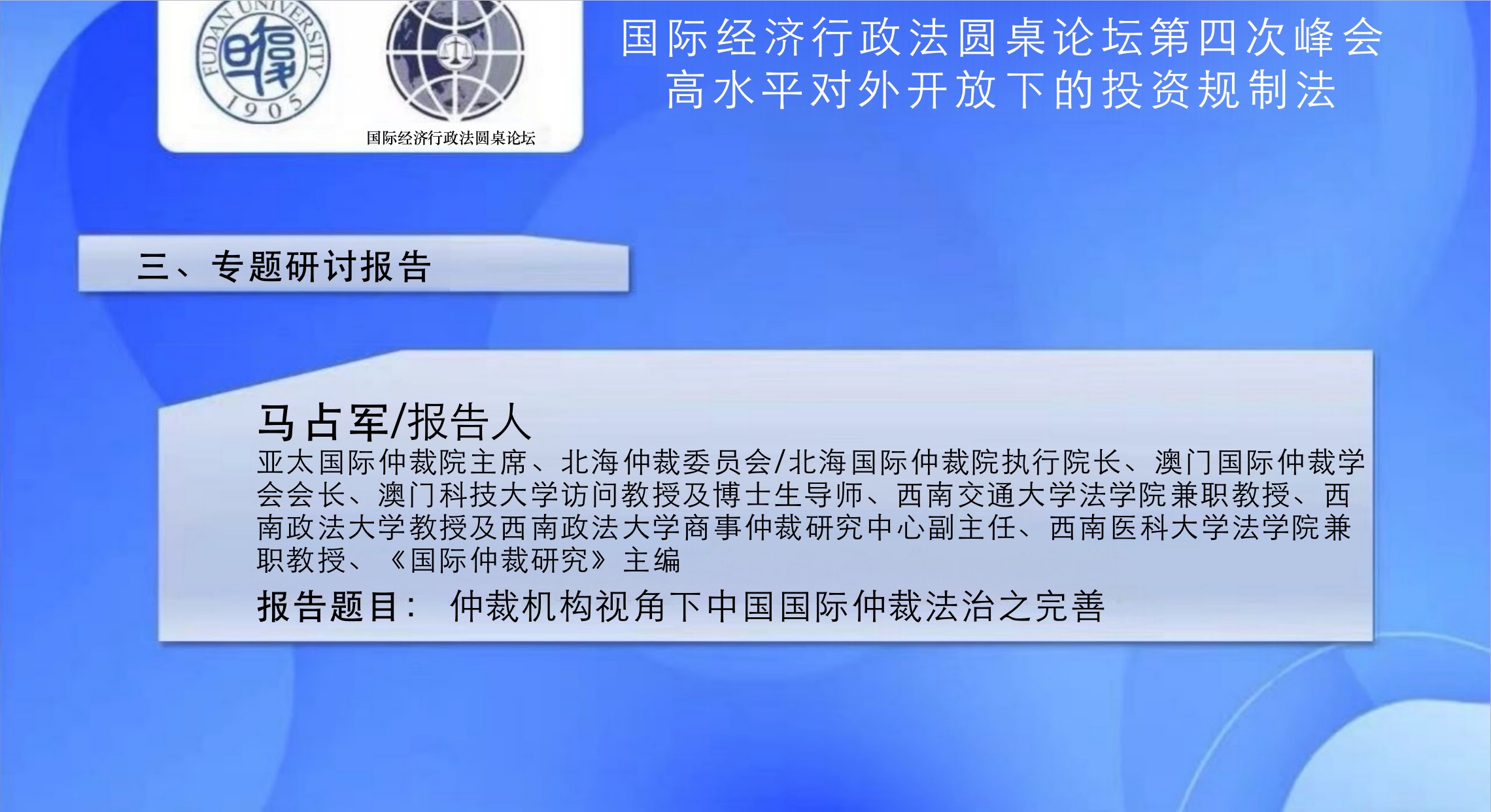 2024-03-22 14:24:24
2024-03-22 14:24:24 -
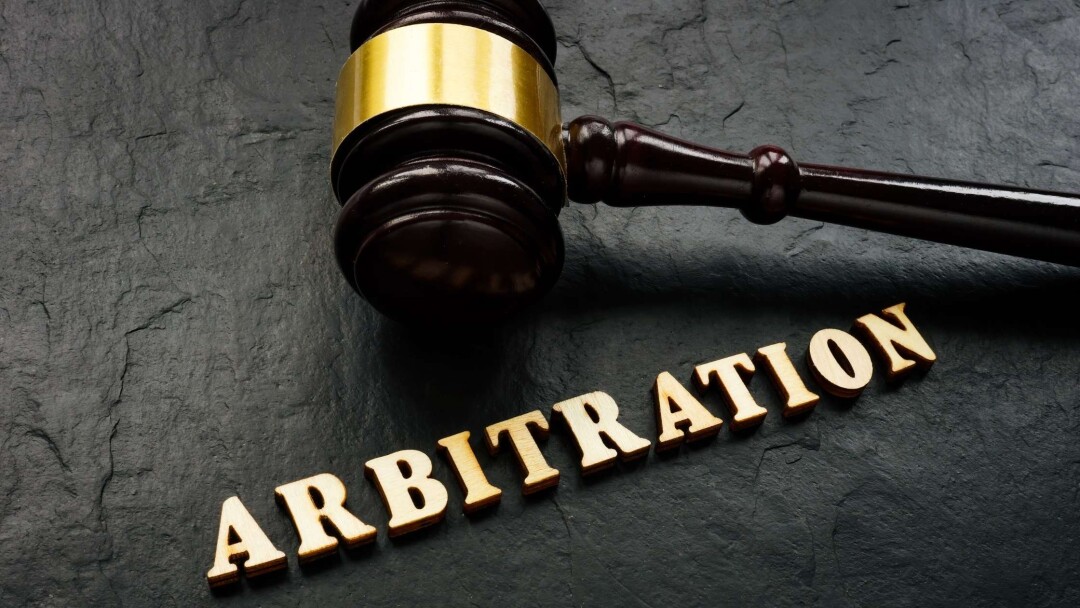 2024-03-26 13:21:28
2024-03-26 13:21:28 -
2024-03-27 11:38:36
-
 2024-03-27 11:43:15
2024-03-27 11:43:15 -
2024-03-28 16:56:51
-
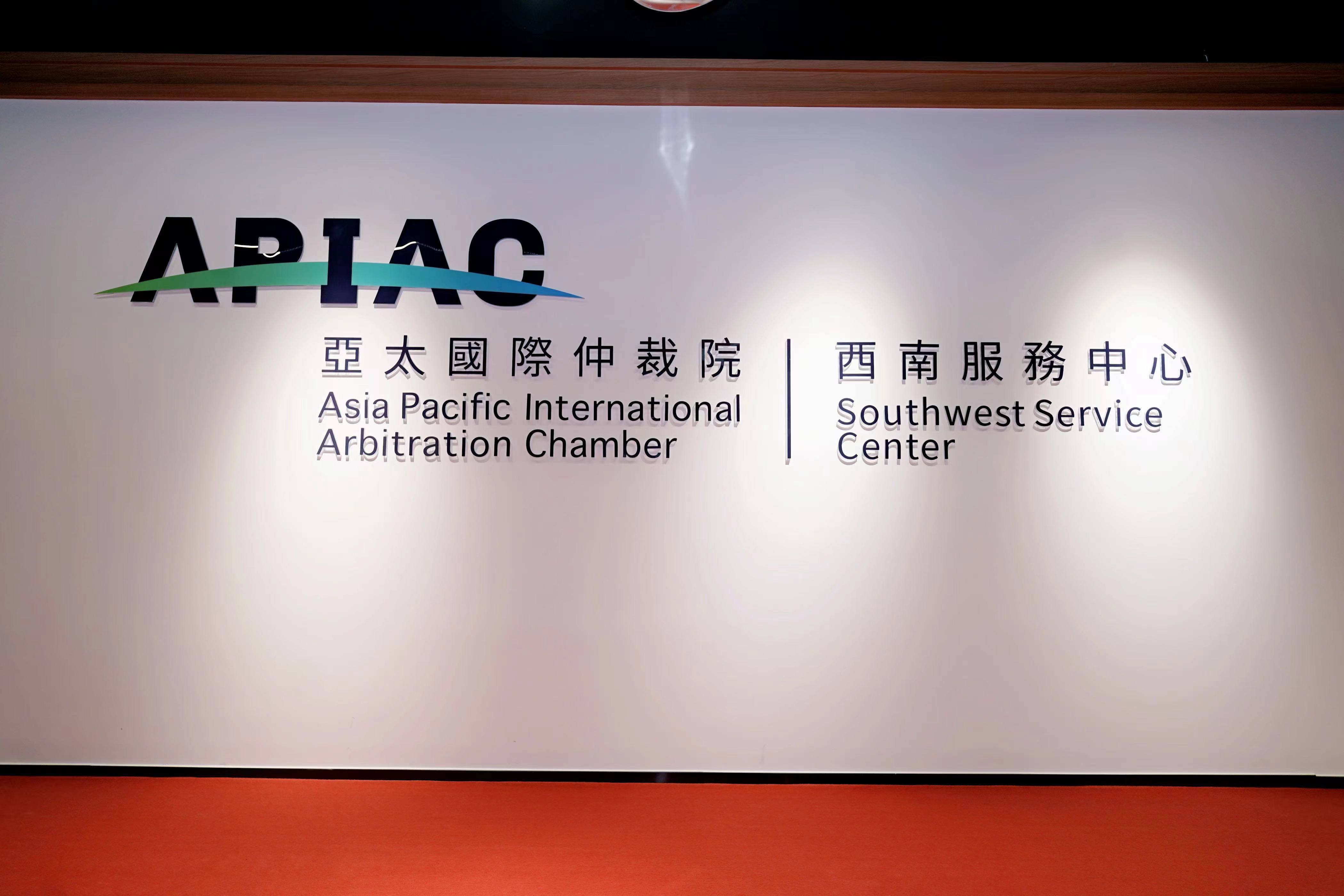 2024-04-01 14:59:03
2024-04-01 14:59:03 -
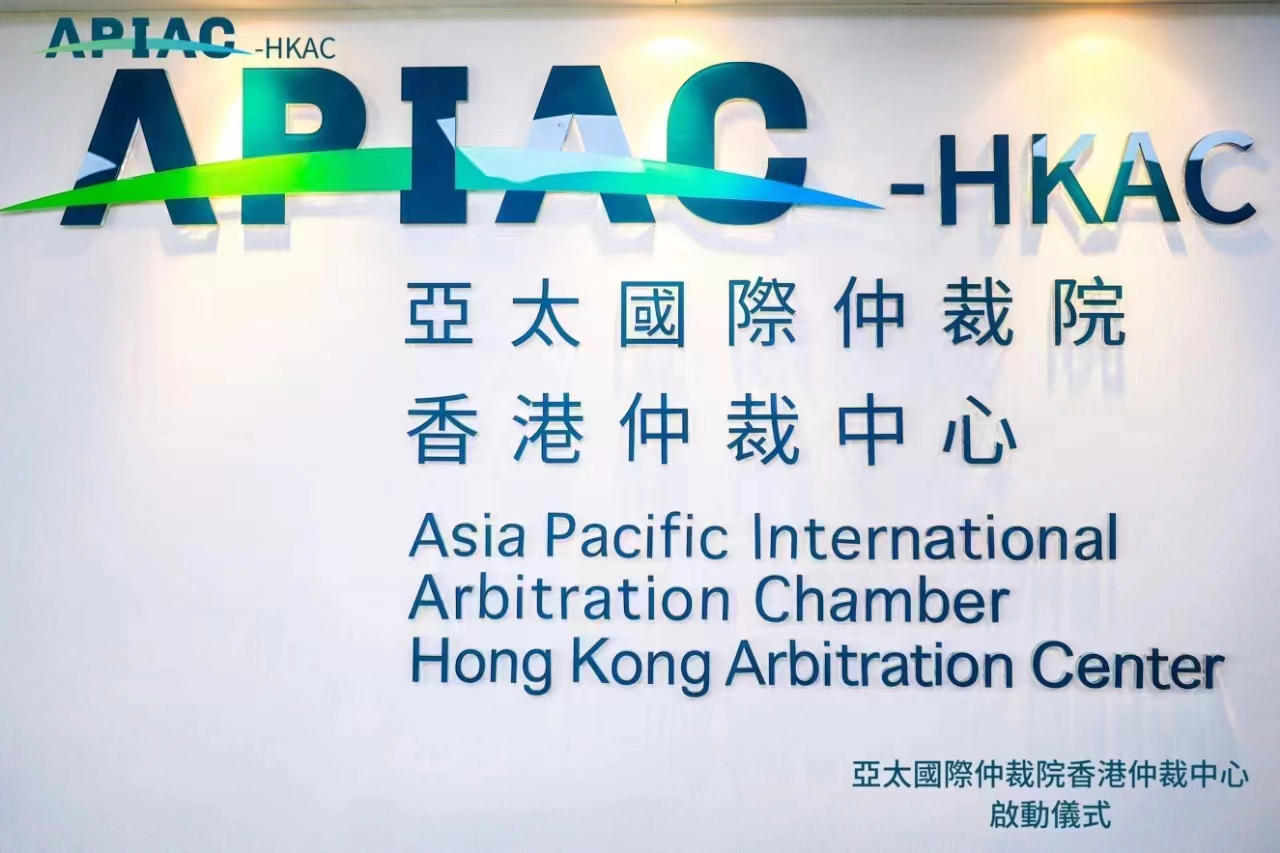 2024-04-09 10:46:25
2024-04-09 10:46:25 -
2024-04-09 11:55:48
-
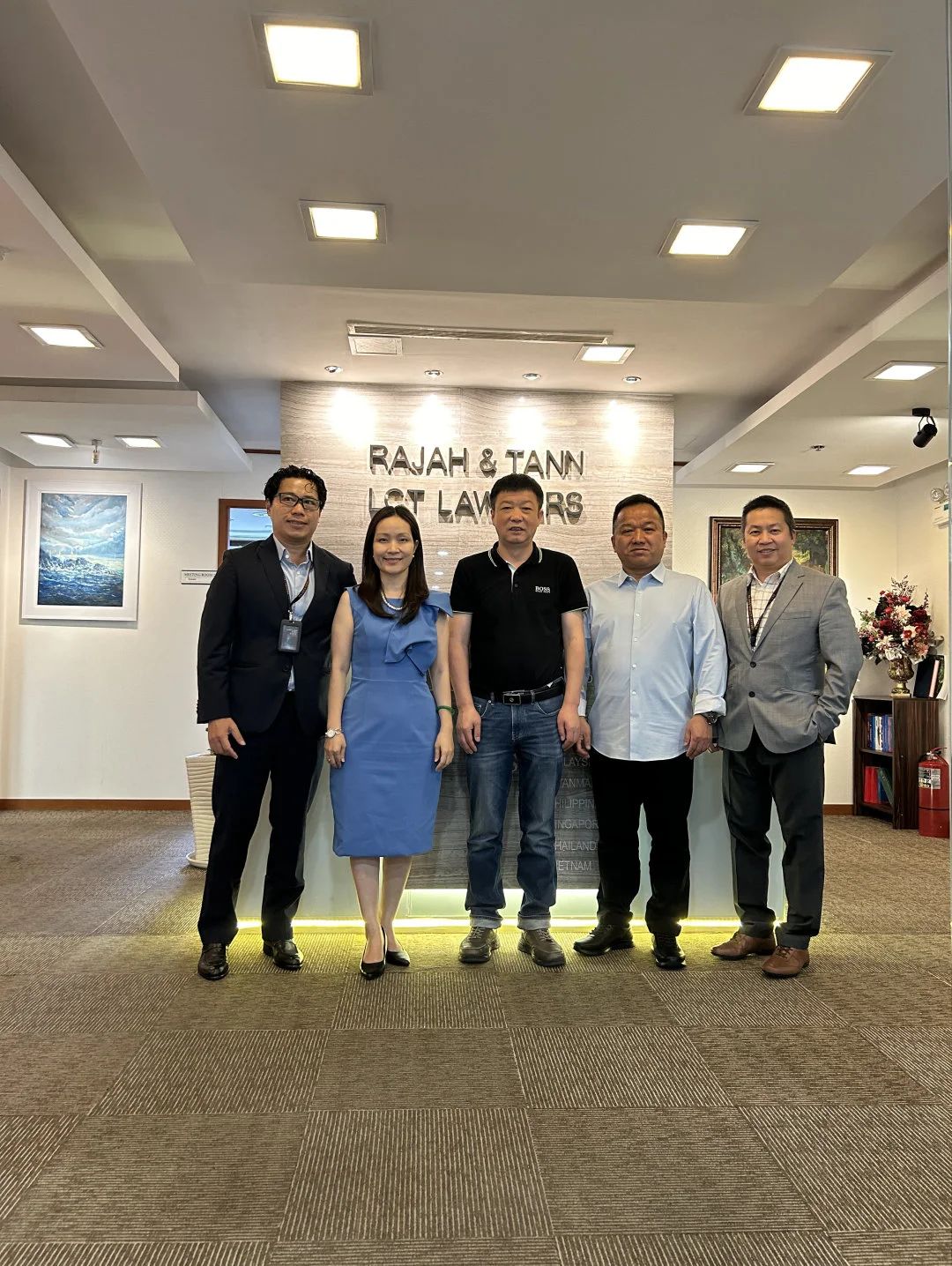 2024-04-09 16:01:04
2024-04-09 16:01:04 -
2024-04-15 16:34:57
-
2024-04-15 16:43:36
-
2024-04-18 16:34:31
-
2024-04-24 16:02:32
-
2024-04-25 17:26:30
-
2024-05-07 16:30:51
-
2024-05-11 14:54:18
-
2024-05-20 17:00:26
-
2024-05-31 16:19:03
-
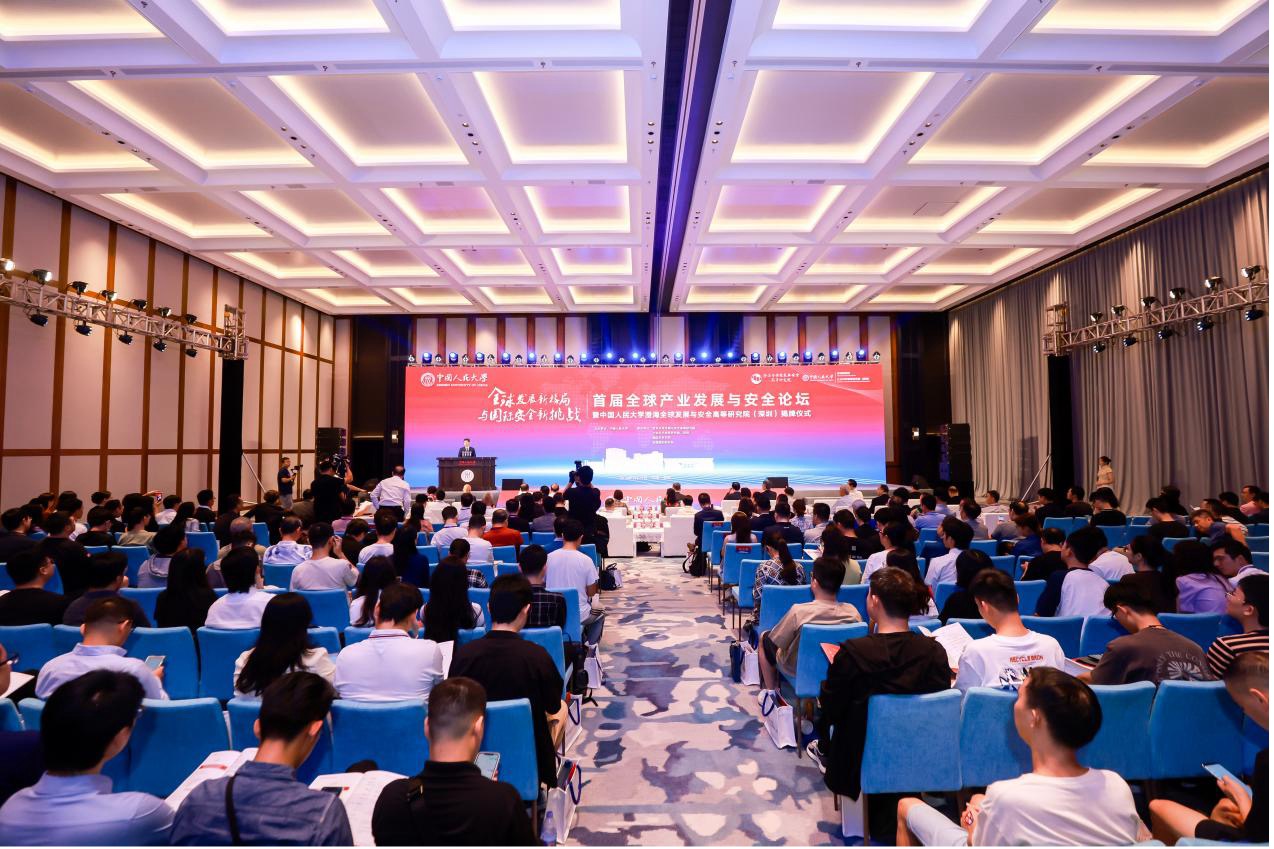 2024-05-31 16:41:28
2024-05-31 16:41:28 -
2024-05-31 16:53:49
-
2024-06-03 17:06:33
-
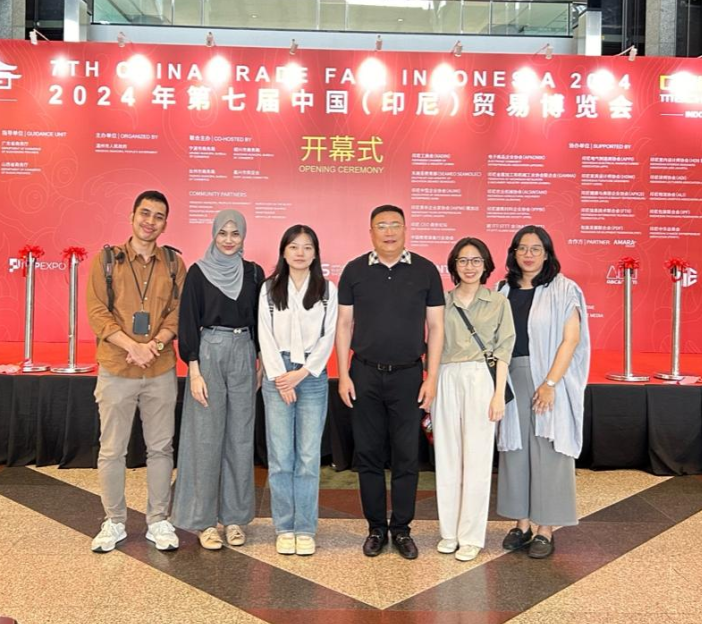 2024-06-19 16:45:08
2024-06-19 16:45:08 -
 2024-06-24 11:44:37
2024-06-24 11:44:37 -
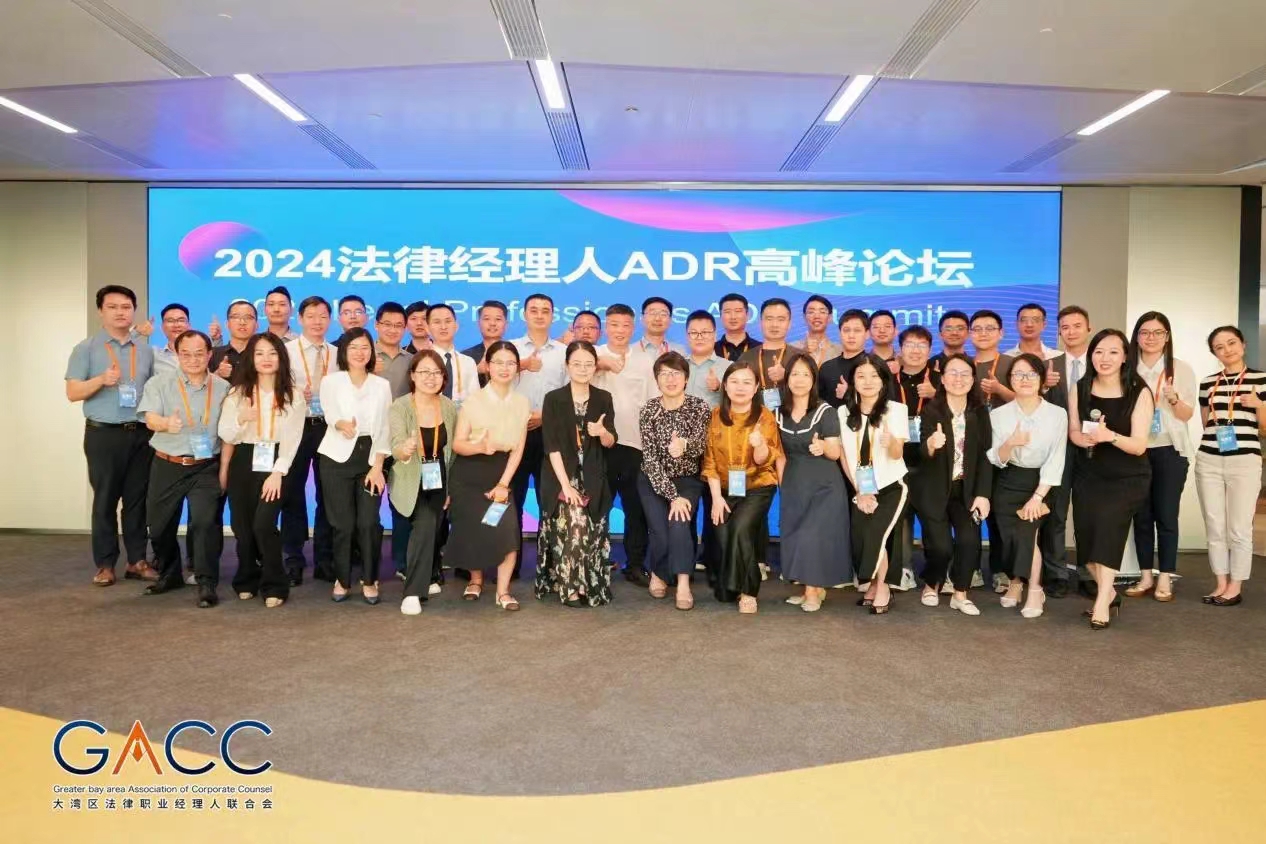 2024-06-24 17:56:13
2024-06-24 17:56:13 -
(1).png) 2024-06-25 15:34:49
2024-06-25 15:34:49 -
(1)(1).png) 2024-06-25 15:41:16
2024-06-25 15:41:16 -
.png) 2024-06-28 10:09:40
2024-06-28 10:09:40 -
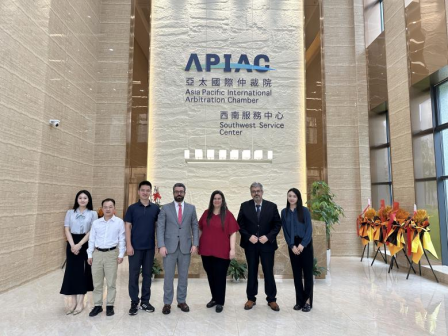 2024-07-03 14:33:07
2024-07-03 14:33:07 -
.png) 2024-07-03 14:53:48
2024-07-03 14:53:48 -
 2024-07-04 16:52:21
2024-07-04 16:52:21 -
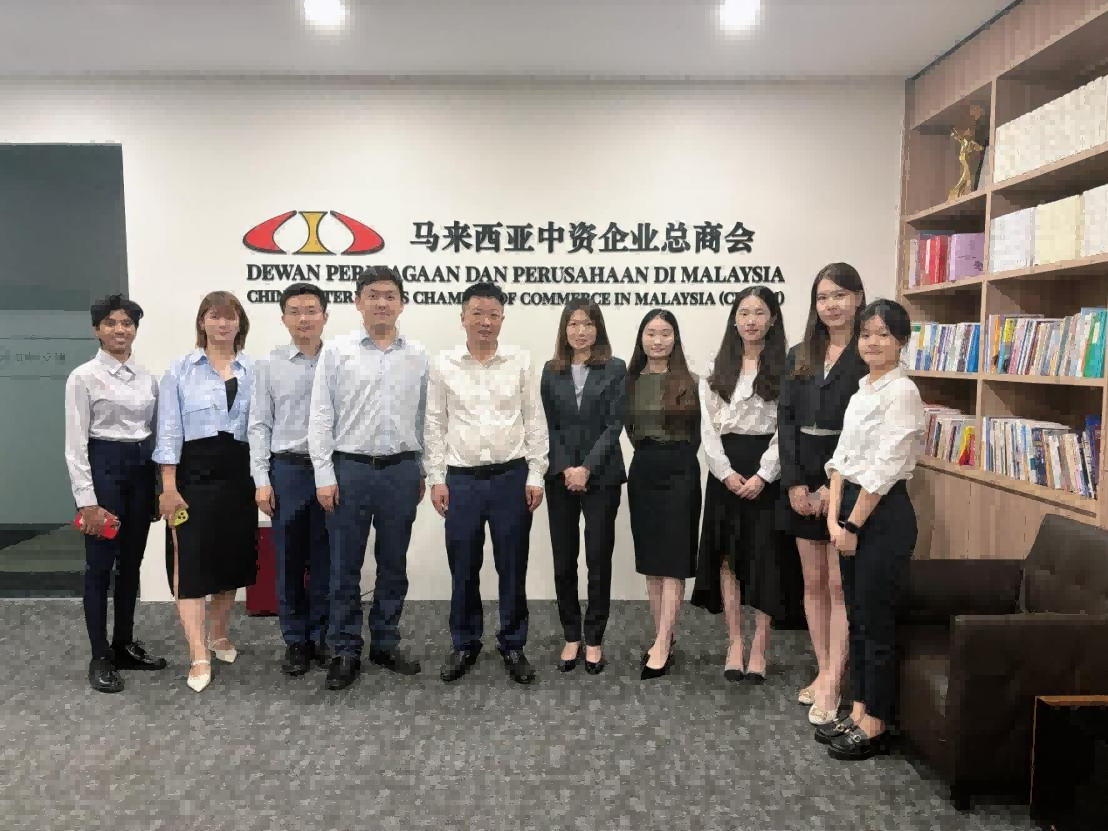 2024-07-09 09:31:59
2024-07-09 09:31:59 -
受邀参加“中资企业印尼投资法律论坛”(1).png) 2024-07-12 09:22:59
2024-07-12 09:22:59 -
.png) 2024-07-16 09:36:49
2024-07-16 09:36:49 -
.png) 2024-07-16 11:37:03
2024-07-16 11:37:03 -
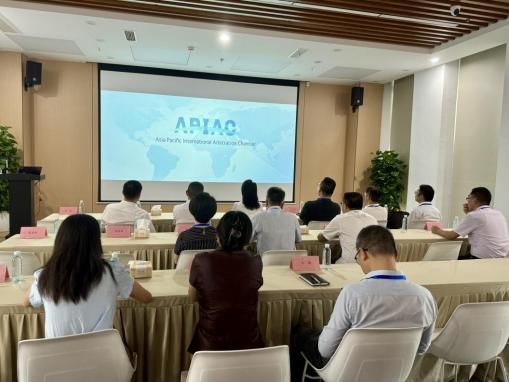 2024-07-19 10:43:08
2024-07-19 10:43:08 -
.png) 2024-07-22 10:59:23
2024-07-22 10:59:23 -
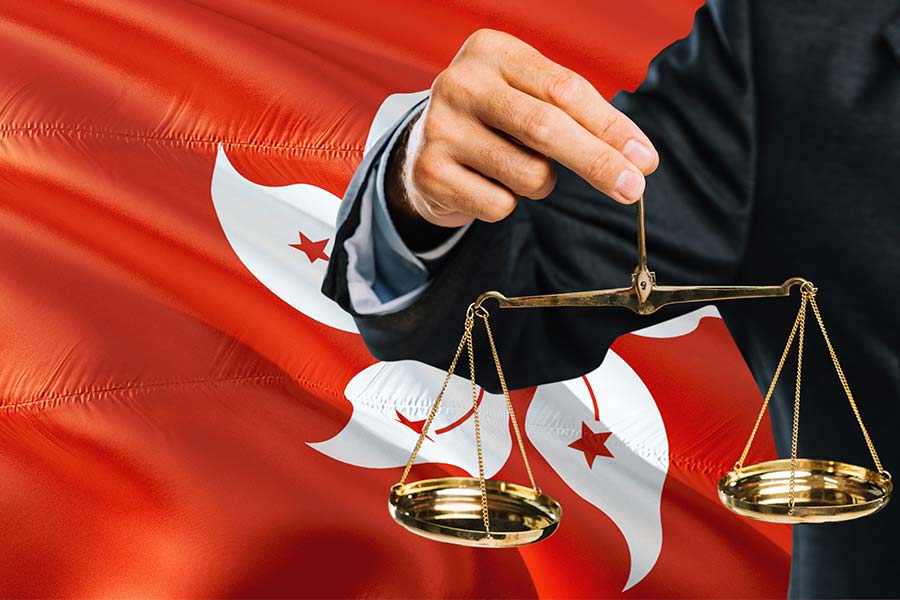 2024-07-23 09:31:20
2024-07-23 09:31:20 -
.png) 2024-07-23 14:12:58
2024-07-23 14:12:58 -
.png) 2024-08-19 09:19:47
2024-08-19 09:19:47 -
.png) 2024-08-19 10:28:22
2024-08-19 10:28:22 -
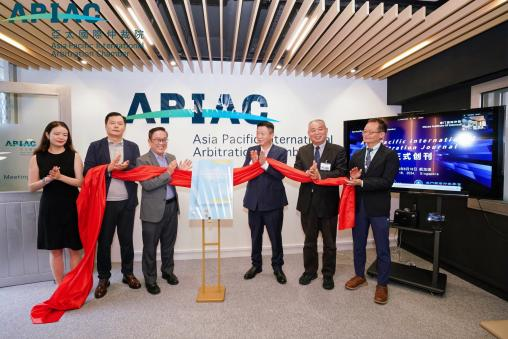 2024-08-29 10:12:54
2024-08-29 10:12:54 -
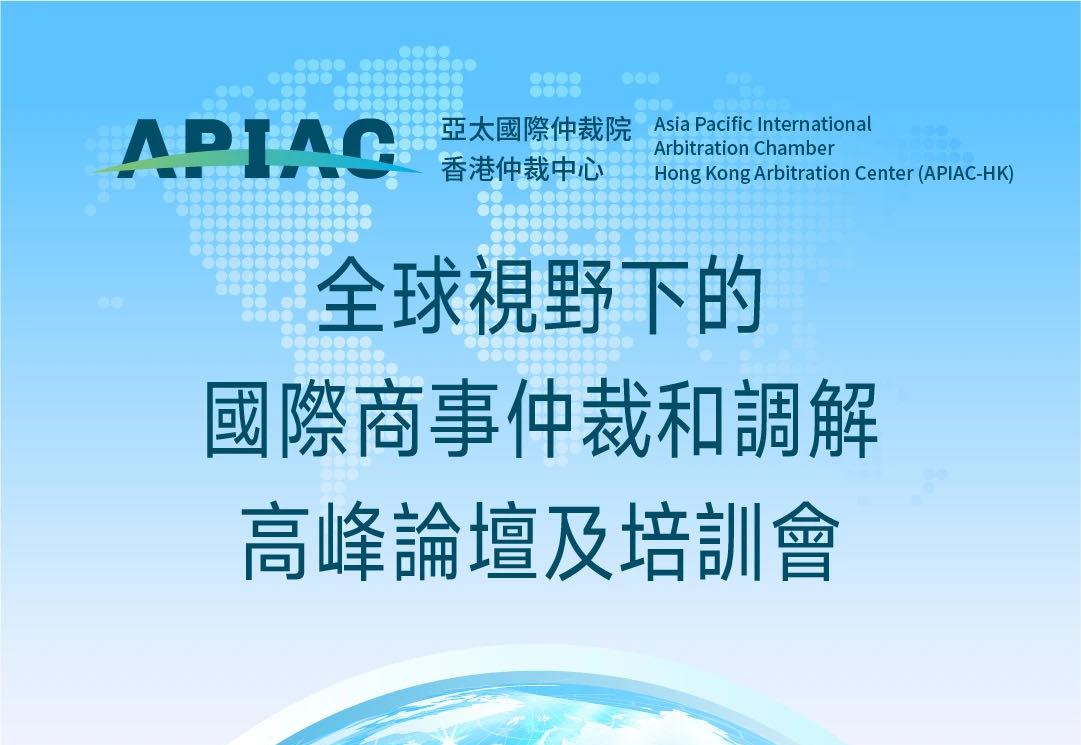 2024-09-03 17:10:04
2024-09-03 17:10:04 -
.png) 2024-09-04 11:52:59
2024-09-04 11:52:59 -
) 2024-09-05 10:17:01
2024-09-05 10:17:01 -
.png) 2024-09-09 14:35:19
2024-09-09 14:35:19 -
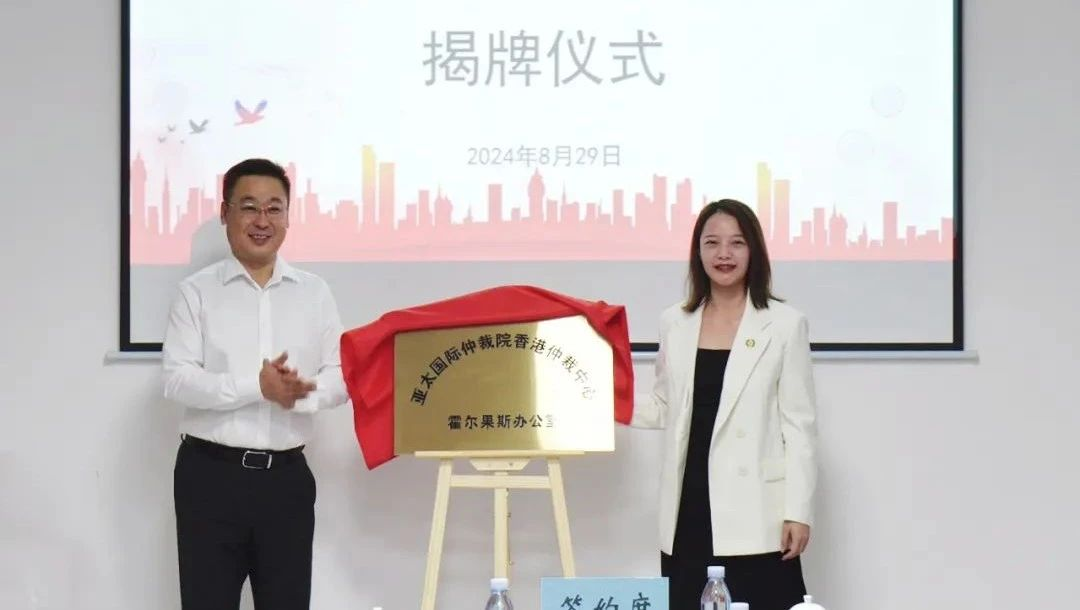 2024-09-09 15:10:13
2024-09-09 15:10:13 -
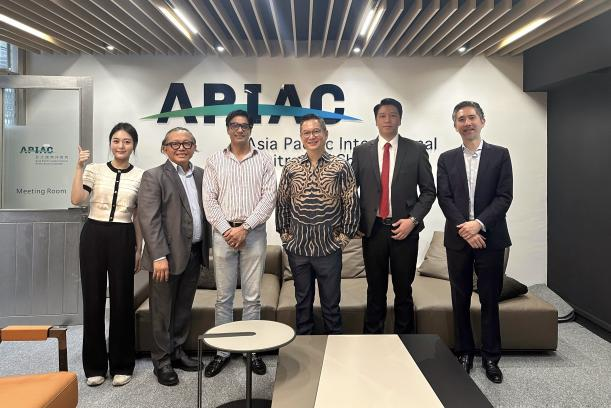 2024-09-10 10:49:03
2024-09-10 10:49:03 -
.png) 2024-09-14 14:22:46
2024-09-14 14:22:46 -
.png) 2024-09-14 15:38:09
2024-09-14 15:38:09 -
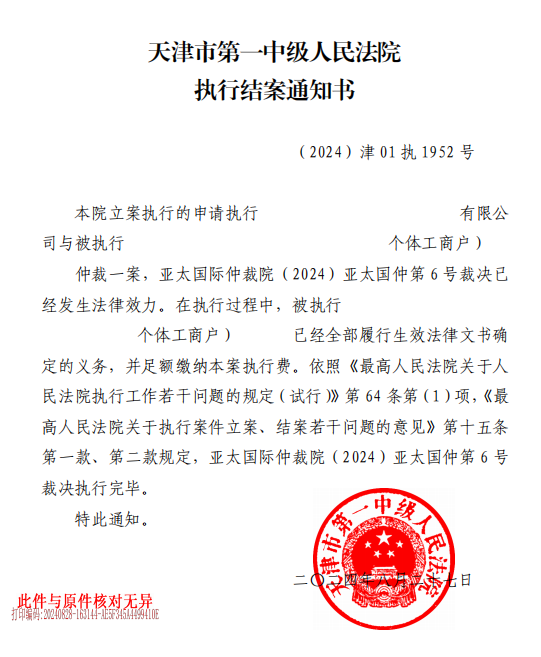 2024-09-18 11:33:35
2024-09-18 11:33:35 -
.png) 2024-09-18 14:26:08
2024-09-18 14:26:08 -
(1).png) 2024-09-23 16:07:22
2024-09-23 16:07:22 -
.png) 2024-09-23 16:17:09
2024-09-23 16:17:09 -
.jpg) 2024-09-23 17:08:06
2024-09-23 17:08:06 -
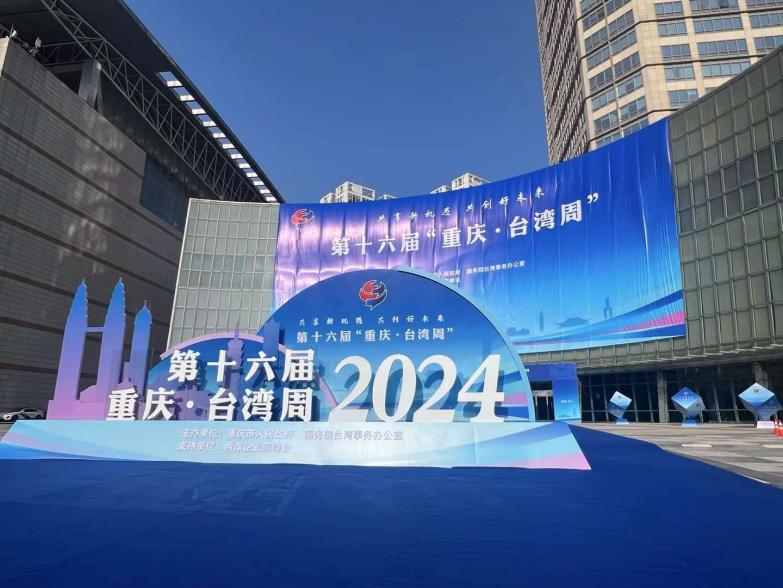 2024-09-24 09:48:07
2024-09-24 09:48:07 -
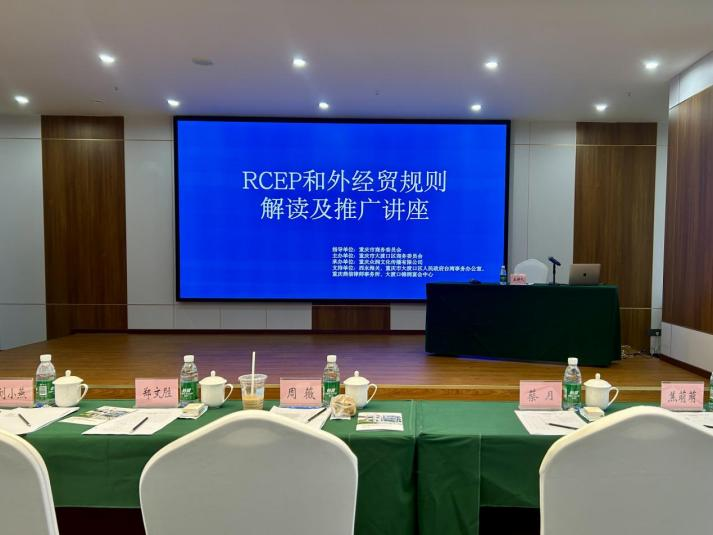 2024-09-24 12:00:38
2024-09-24 12:00:38 -
 2024-09-24 15:13:56
2024-09-24 15:13:56 -
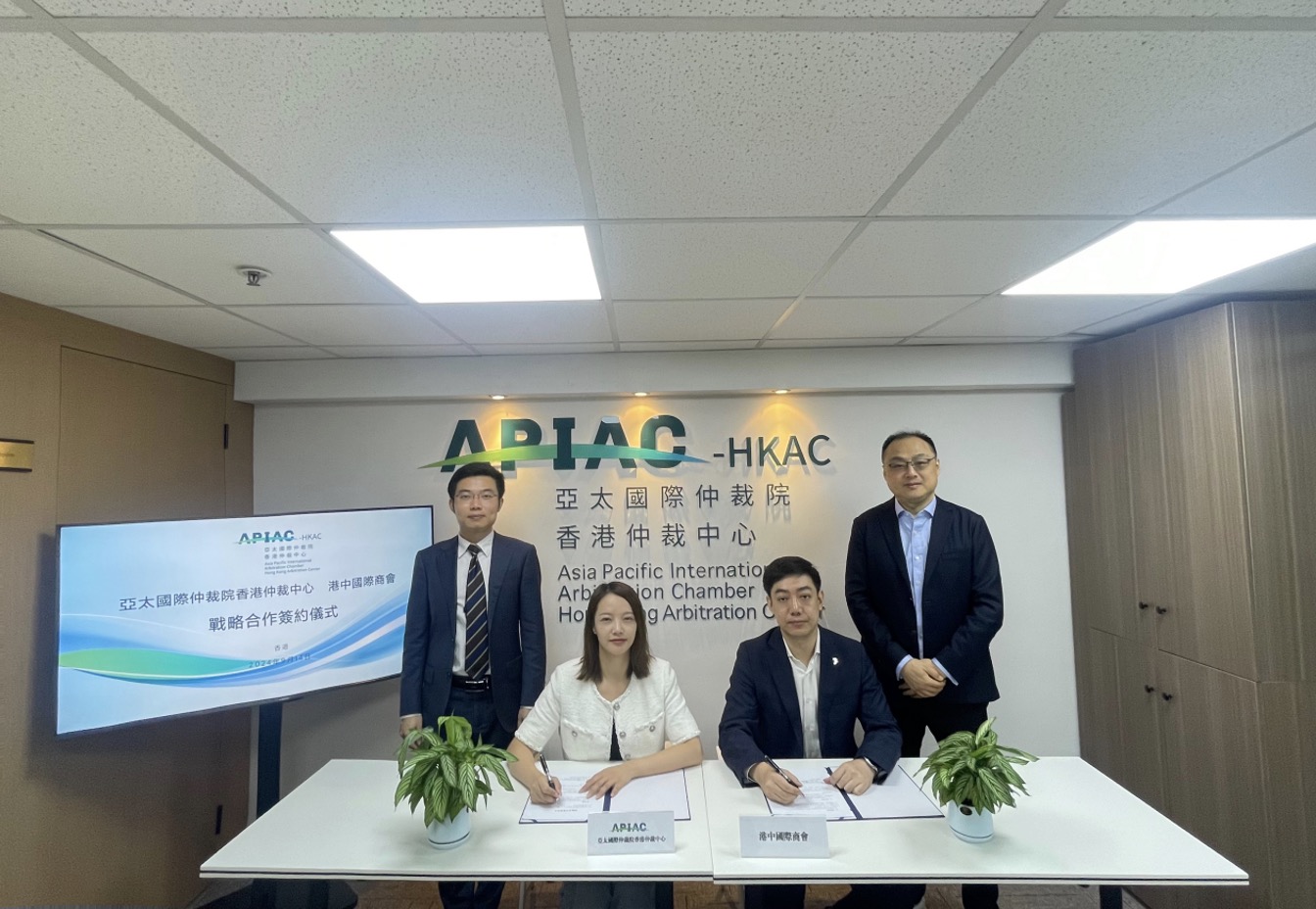 2024-09-25 16:06:59
2024-09-25 16:06:59 -
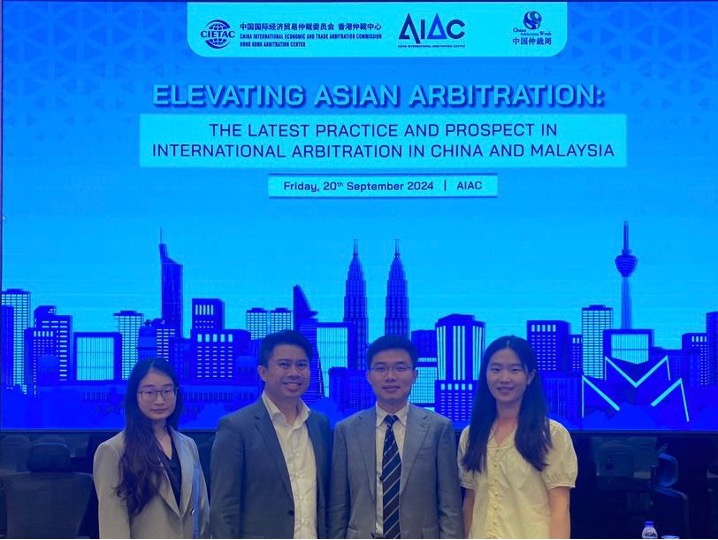 2024-09-27 16:32:47
2024-09-27 16:32:47 -
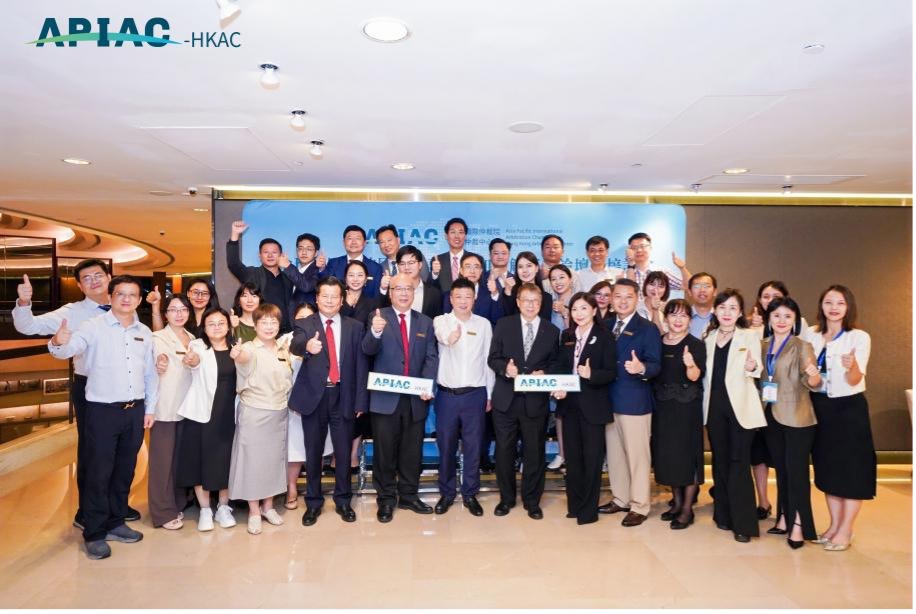 2024-09-29 16:35:43
2024-09-29 16:35:43 -
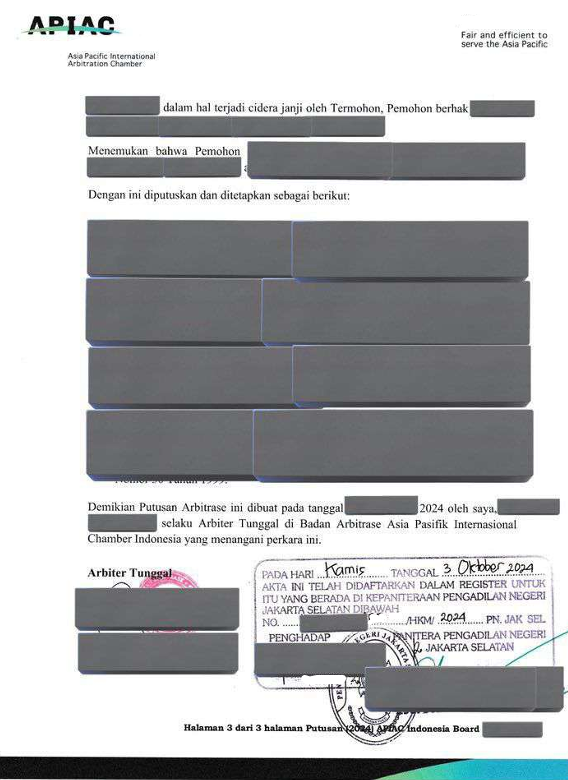 2024-10-09 09:38:56
2024-10-09 09:38:56 -
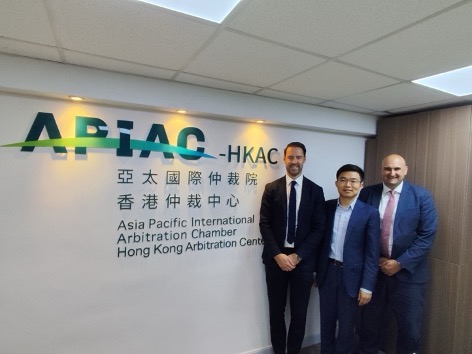 2024-10-10 15:40:31
2024-10-10 15:40:31 -
 2024-10-11 15:13:22
2024-10-11 15:13:22 -
 2024-10-23 17:08:52
2024-10-23 17:08:52 -
 2024-10-23 17:10:37
2024-10-23 17:10:37 -
 2024-10-23 17:12:12
2024-10-23 17:12:12 -
 2024-10-24 12:36:20
2024-10-24 12:36:20 -
 2024-10-29 15:45:32
2024-10-29 15:45:32 -
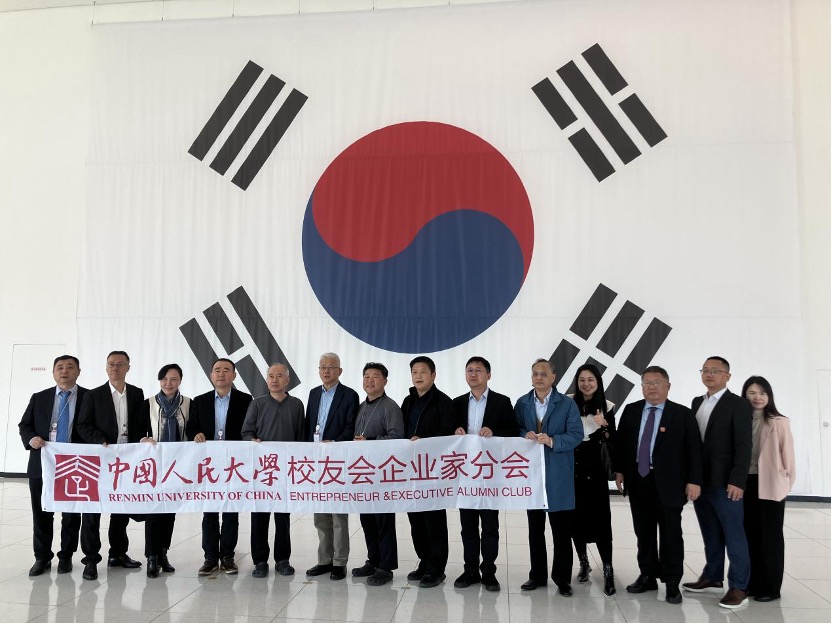 2024-11-01 16:45:33
2024-11-01 16:45:33 -
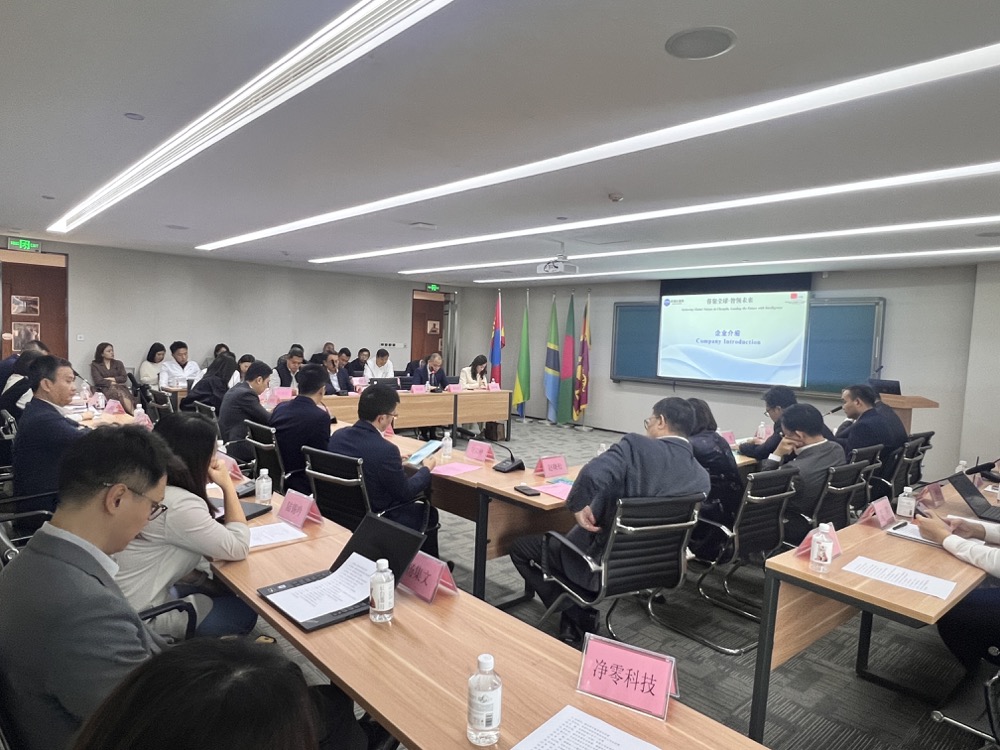 2024-11-01 16:50:15
2024-11-01 16:50:15 -
 2024-11-01 18:07:18
2024-11-01 18:07:18 -
 2024-11-05 15:44:55
2024-11-05 15:44:55 -
 2024-11-05 15:53:12
2024-11-05 15:53:12

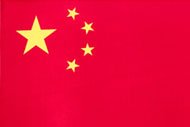 CN
CN BI
BI